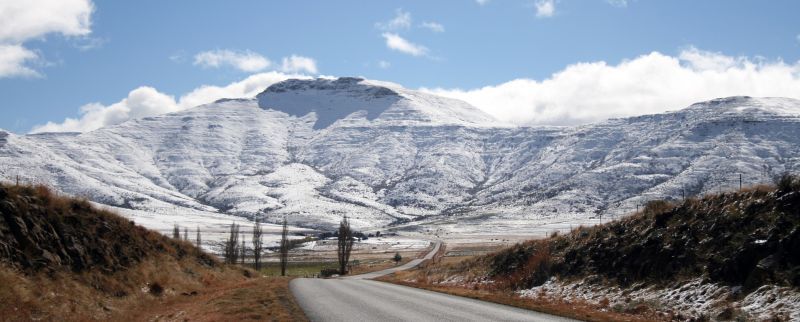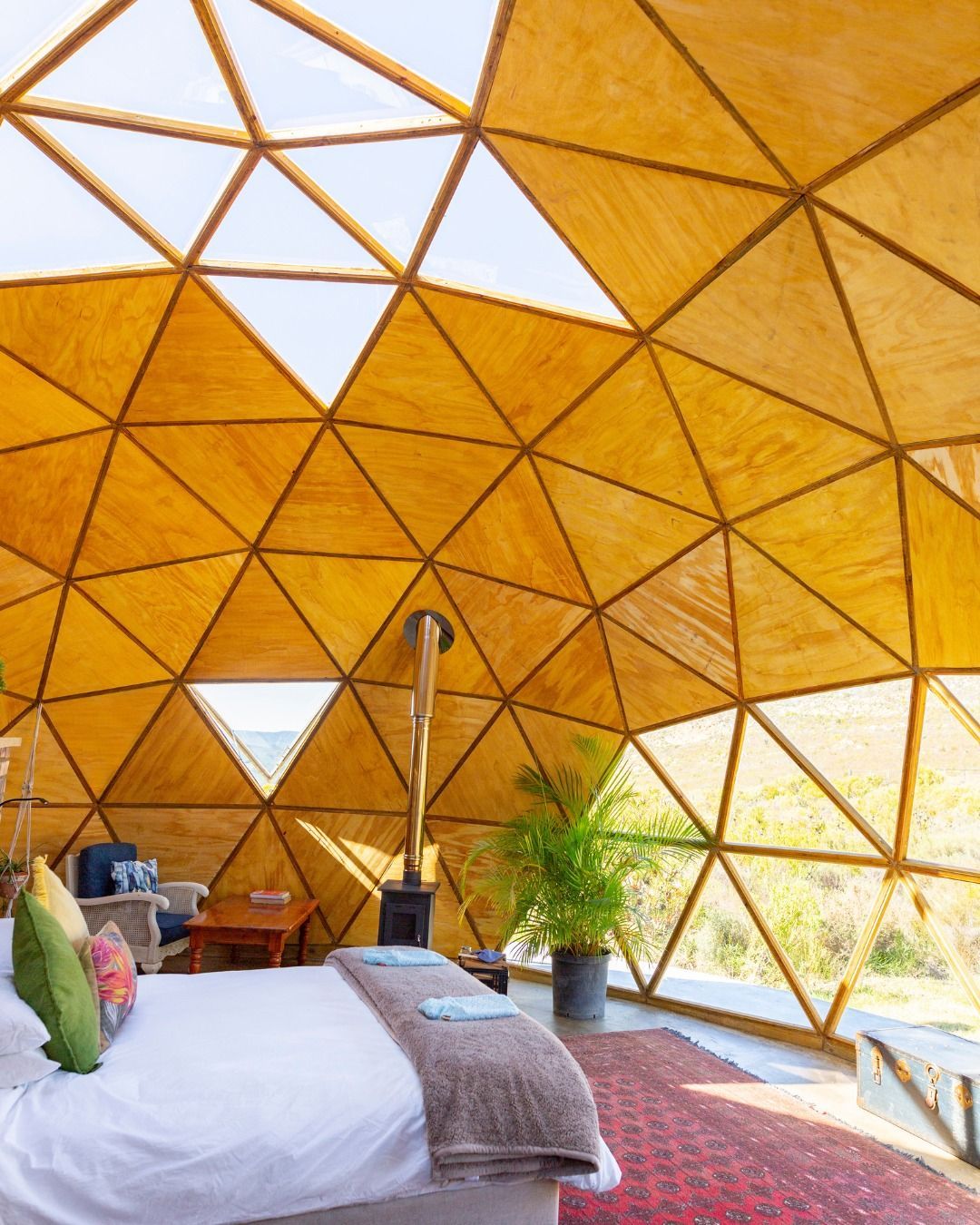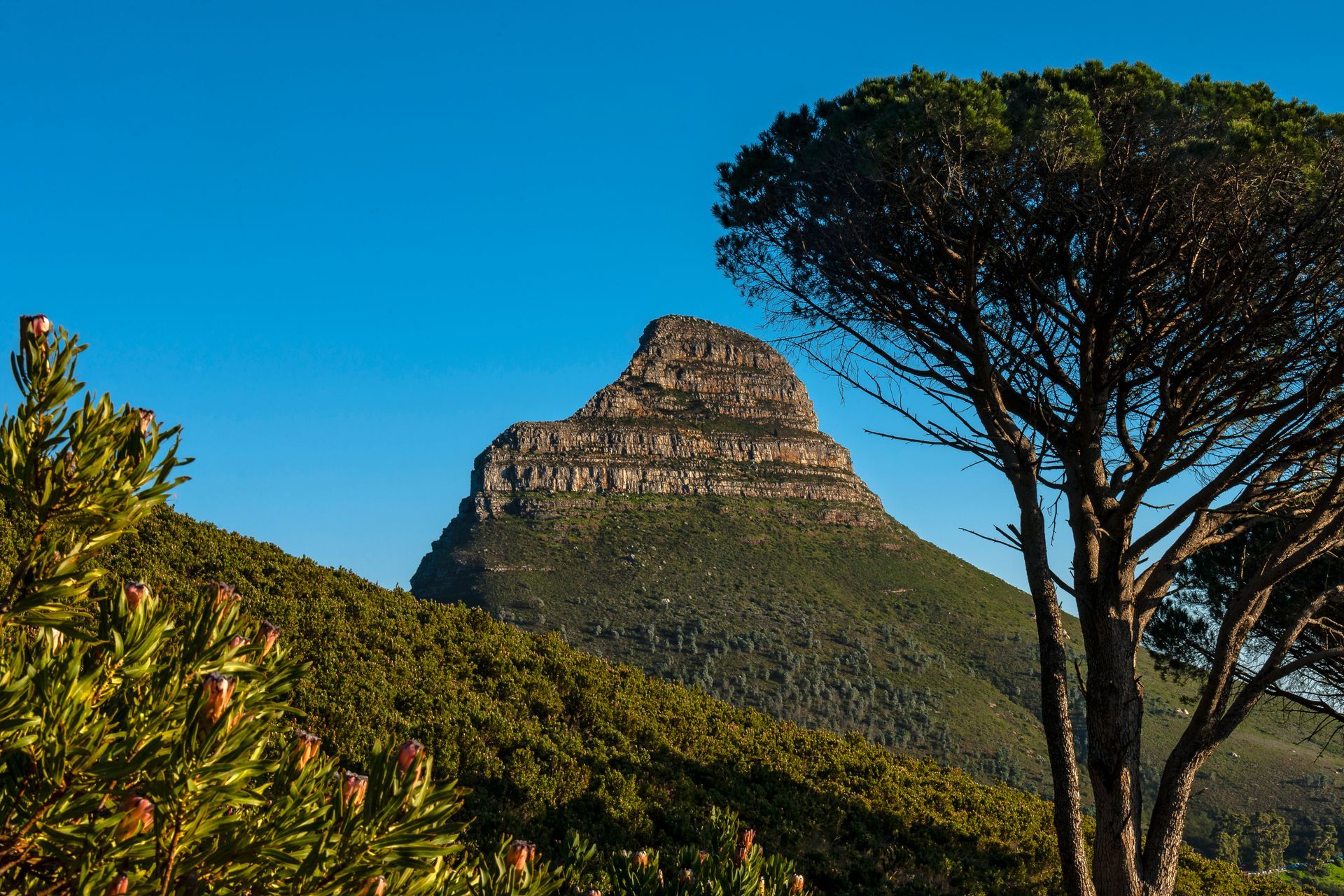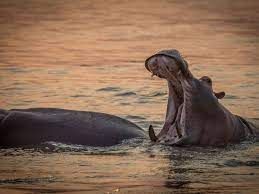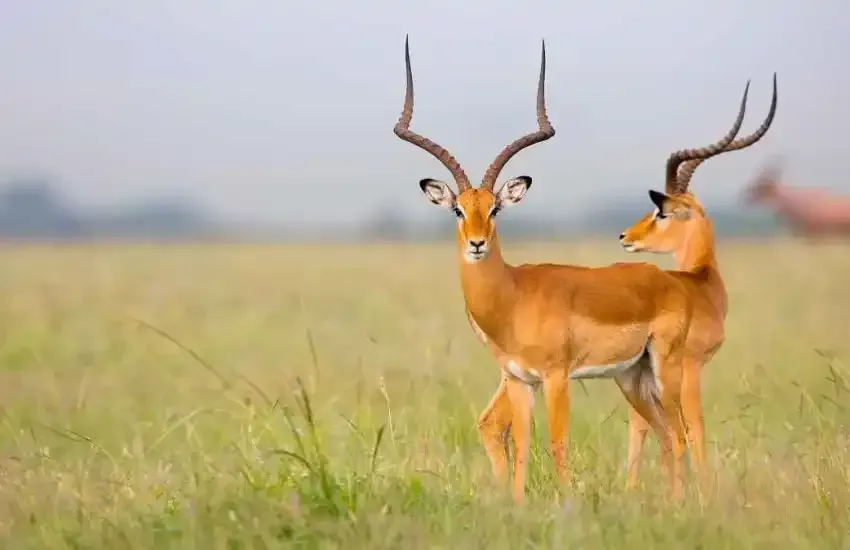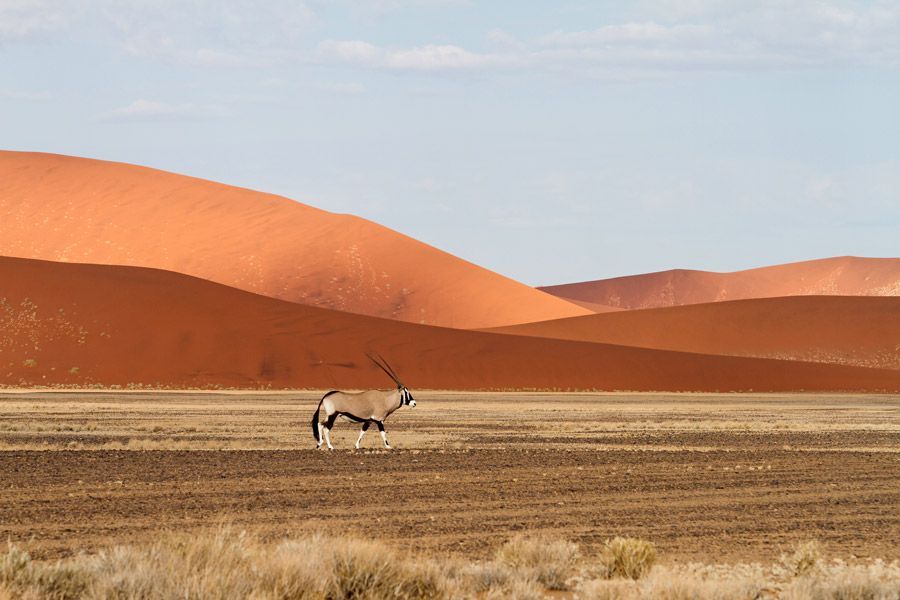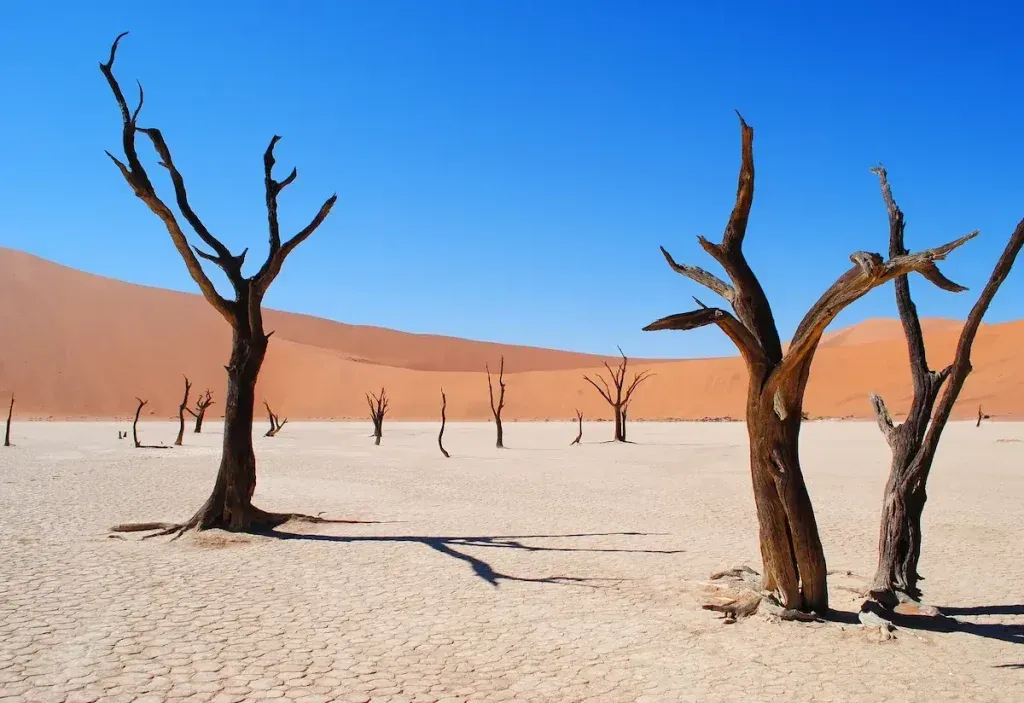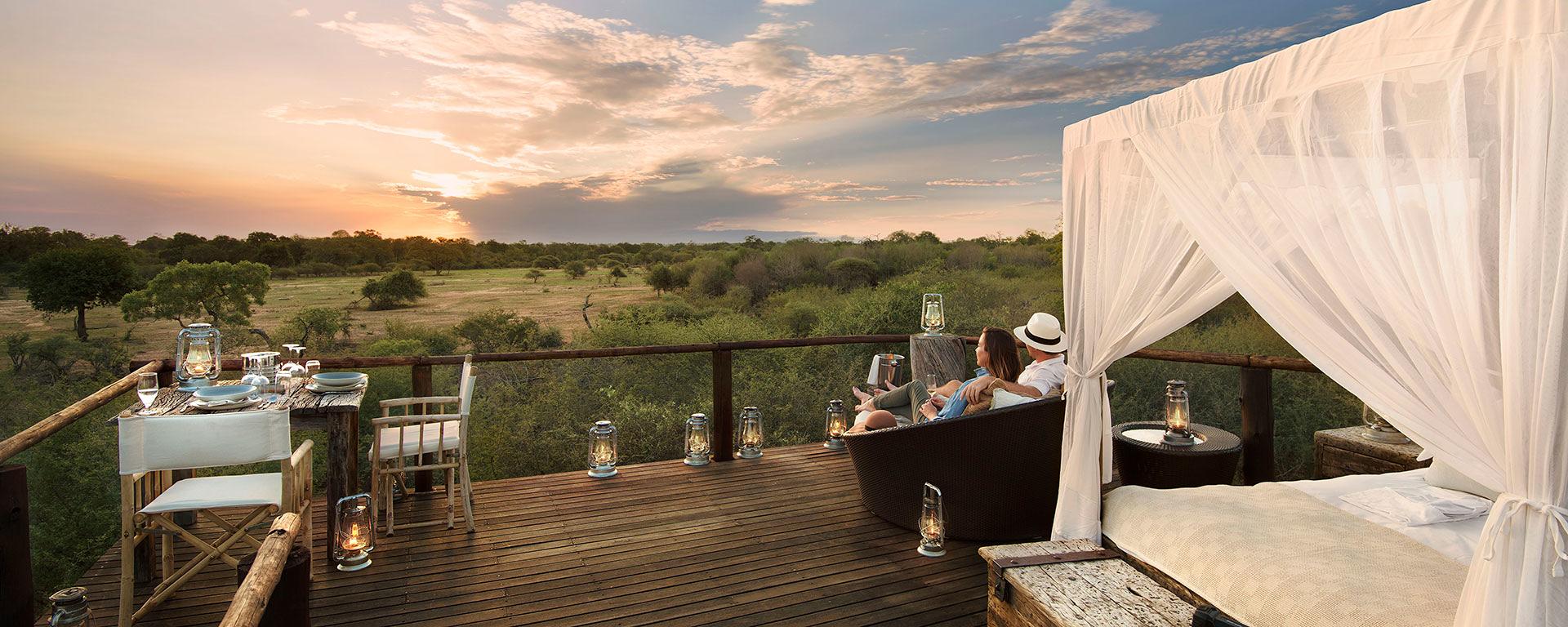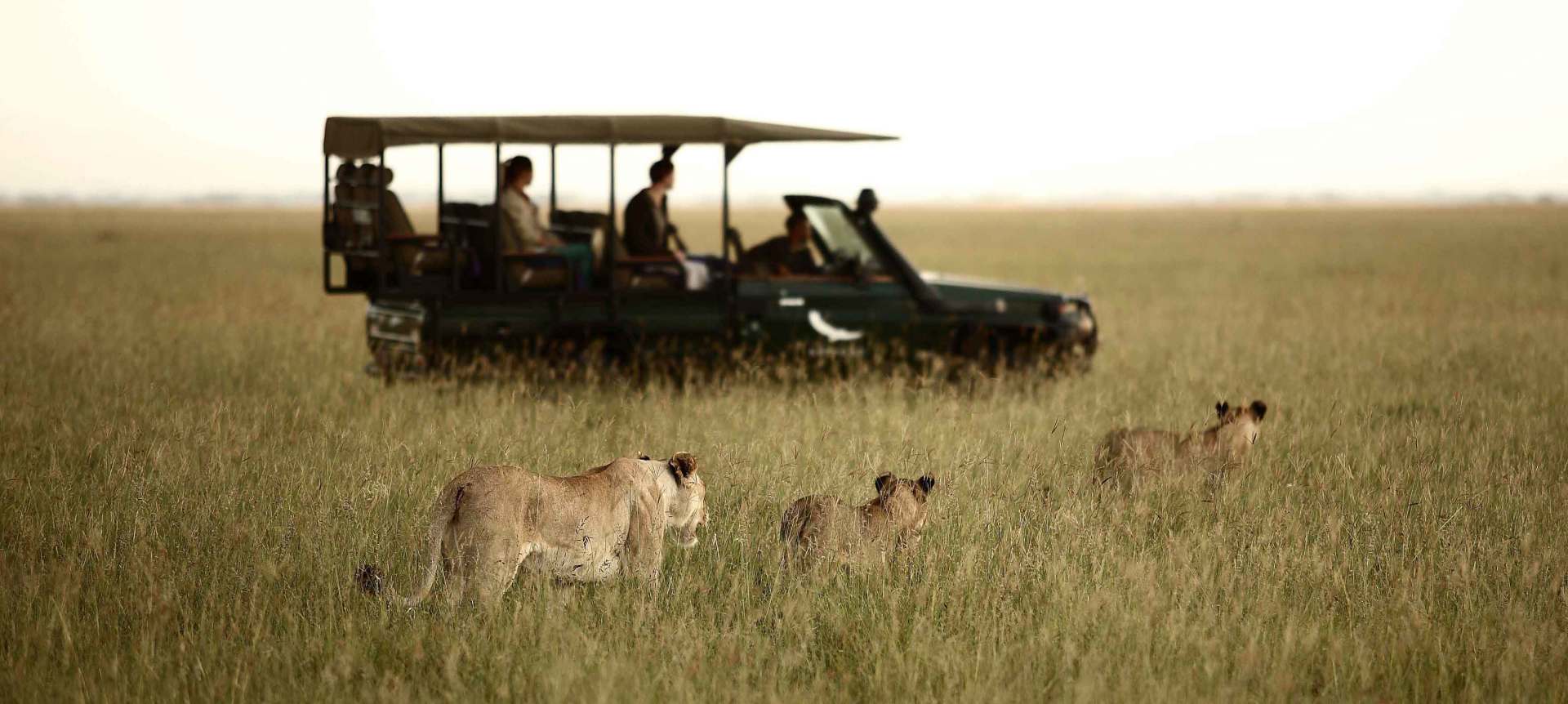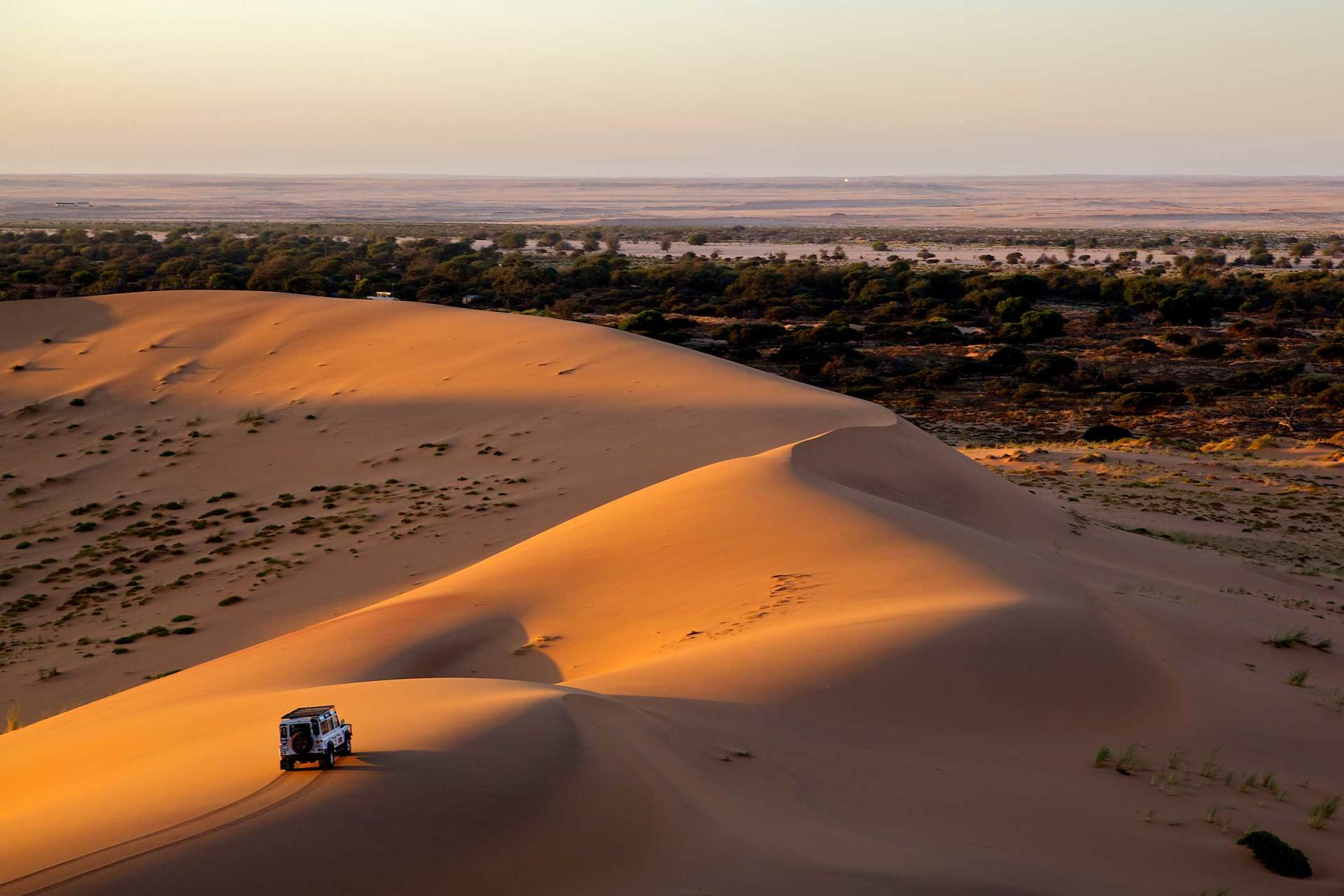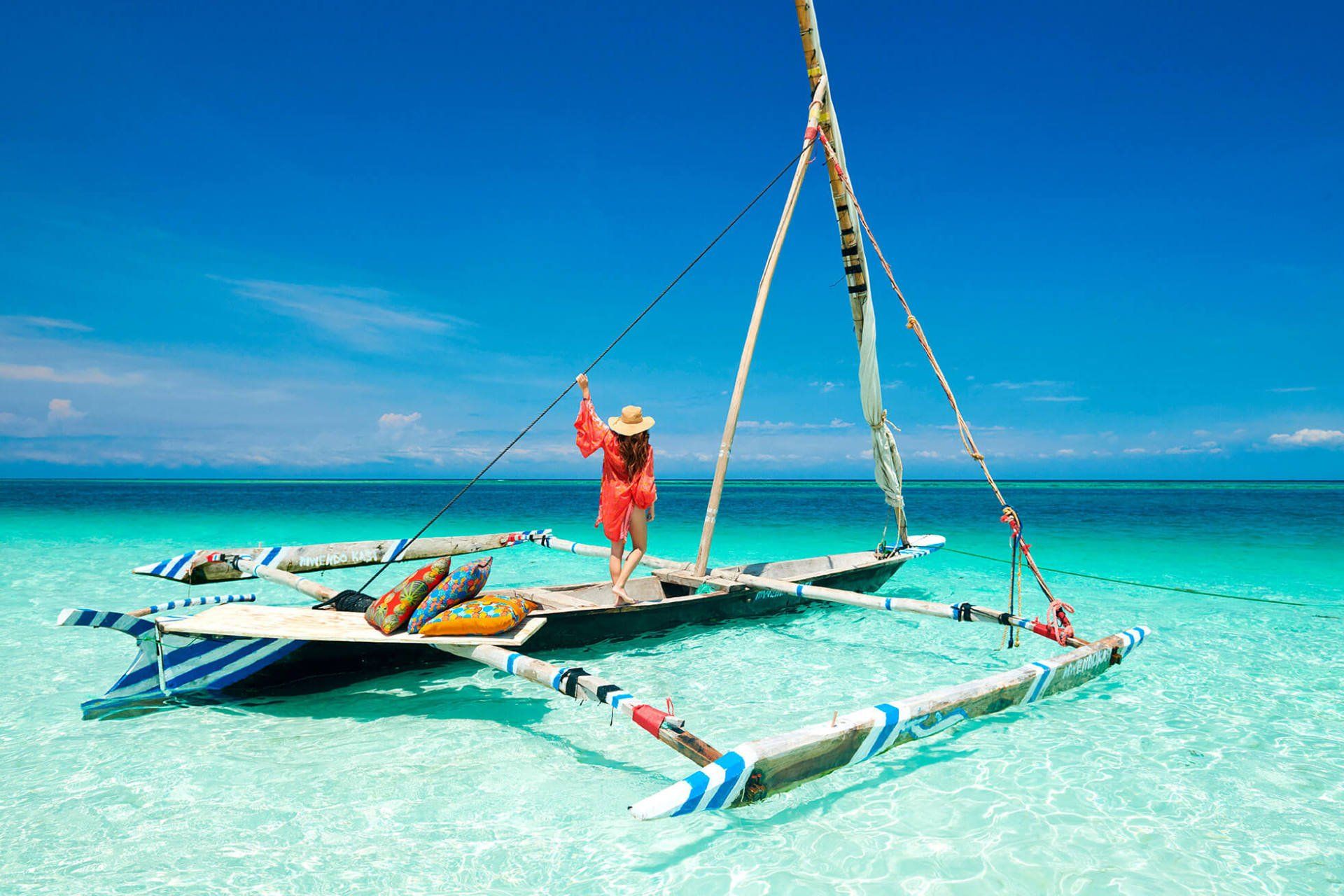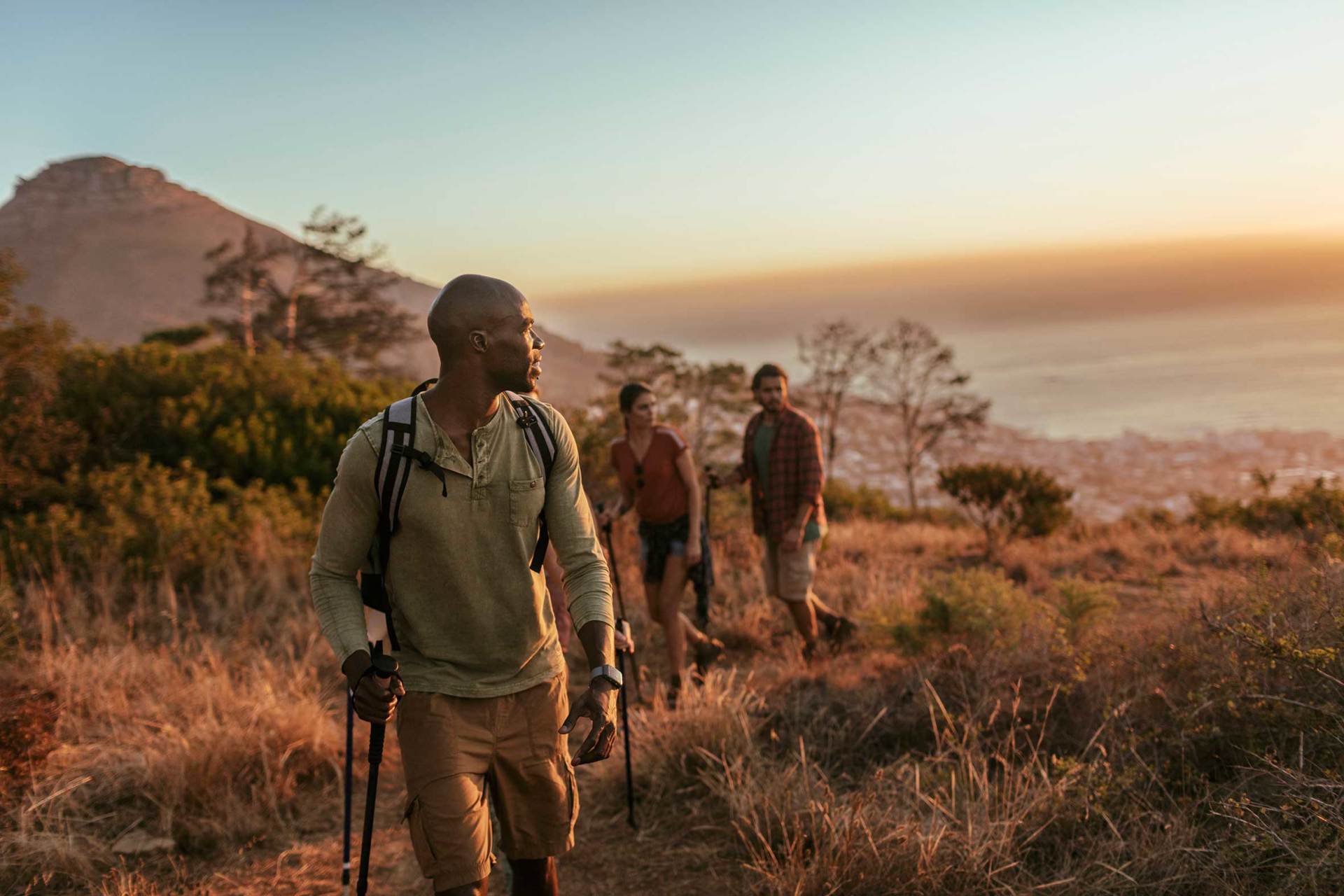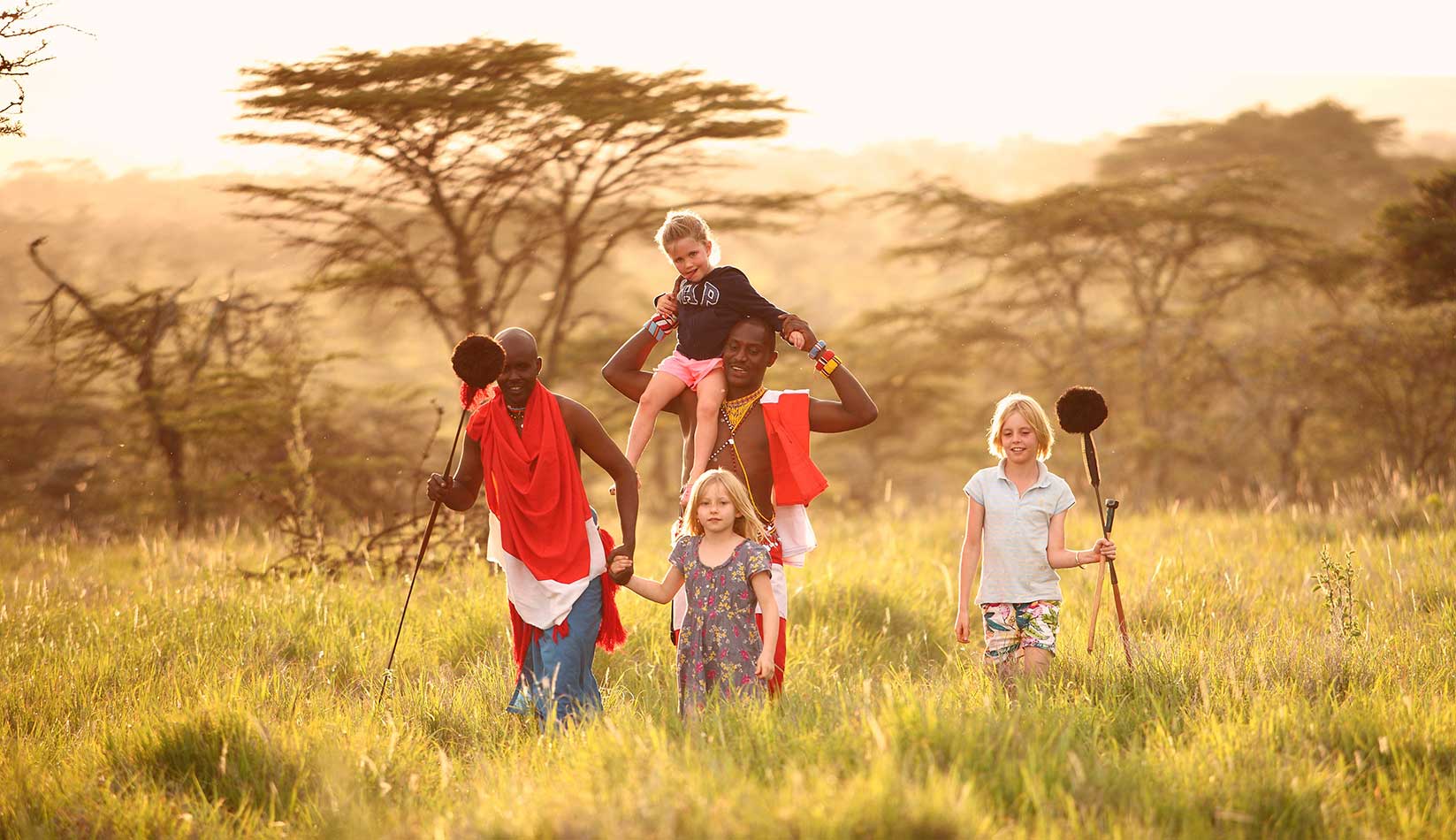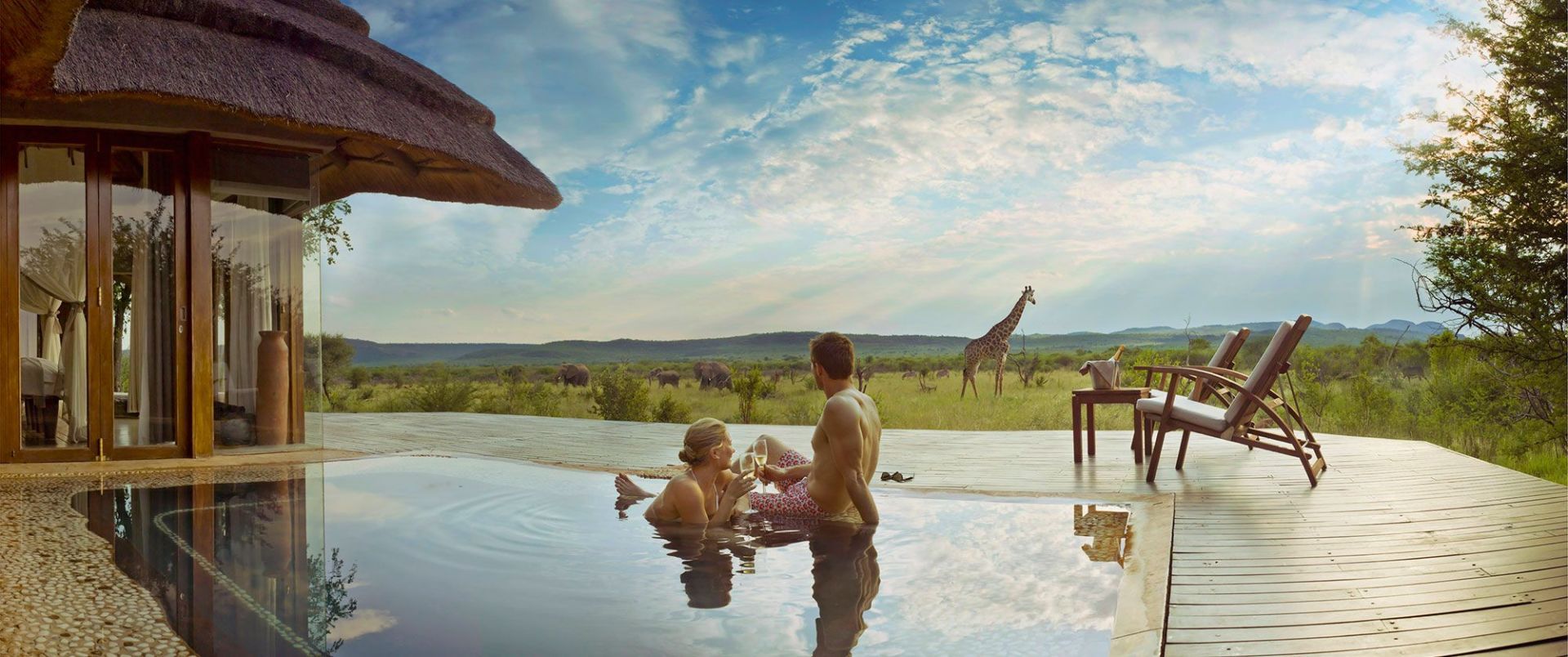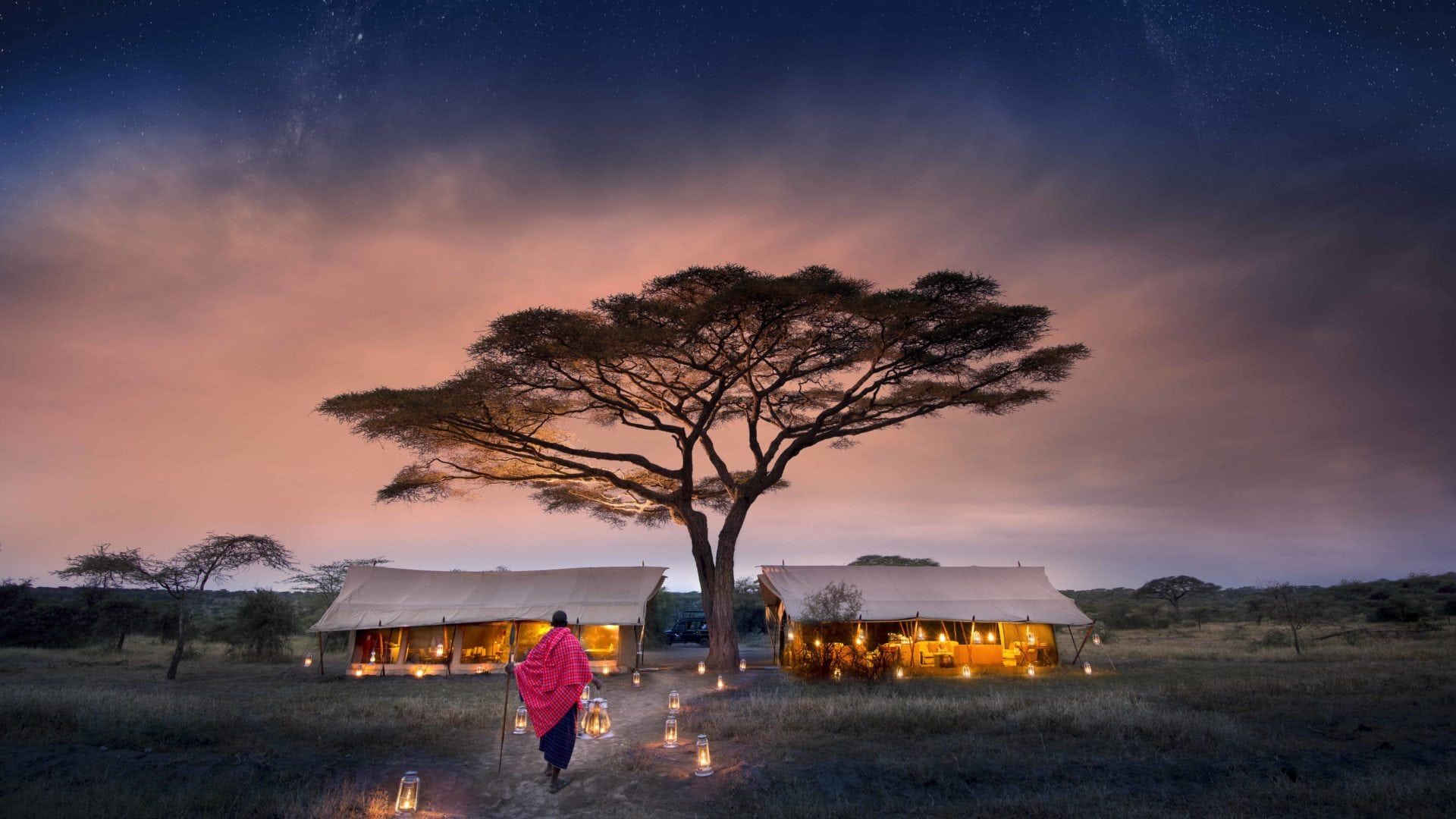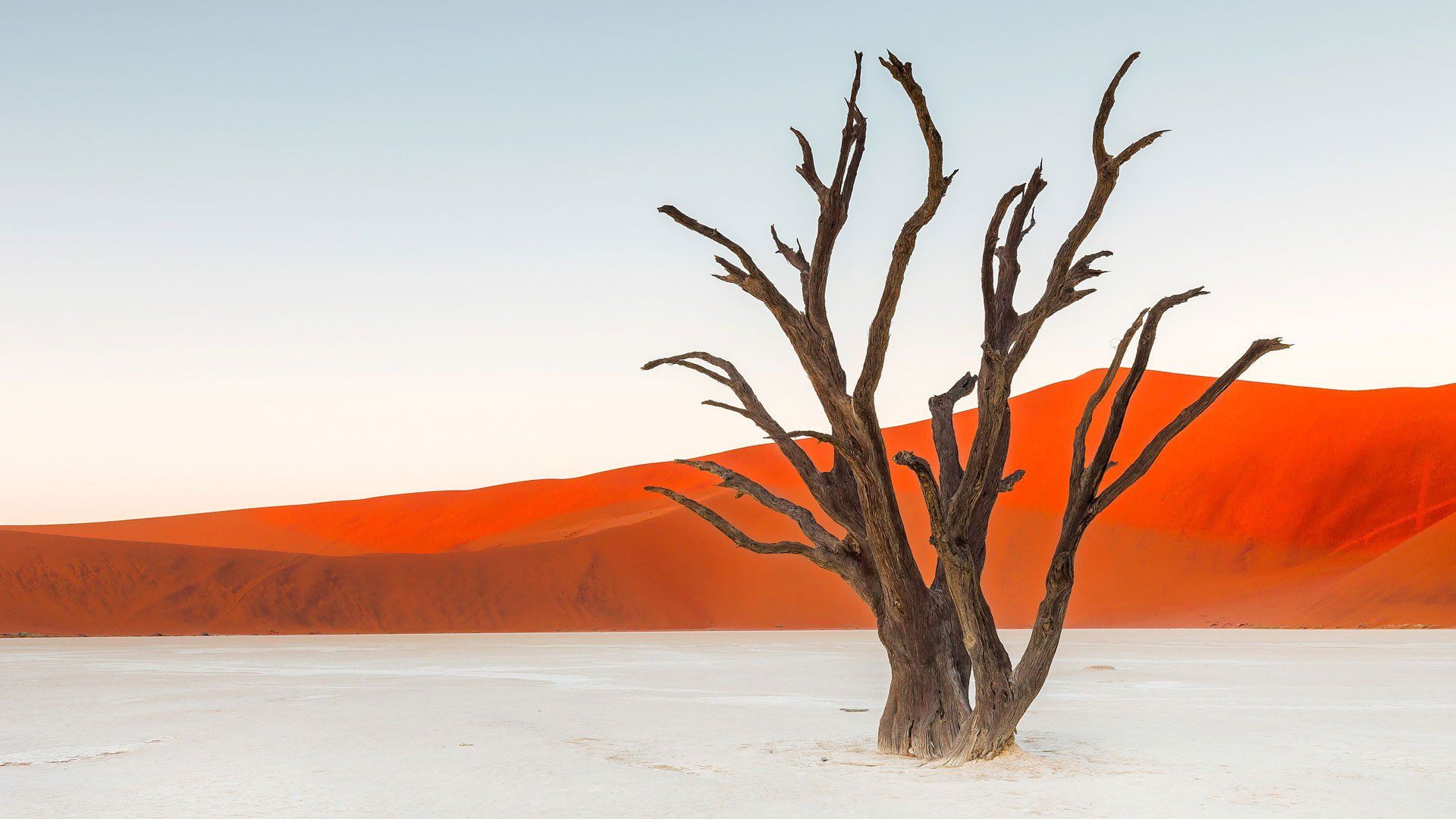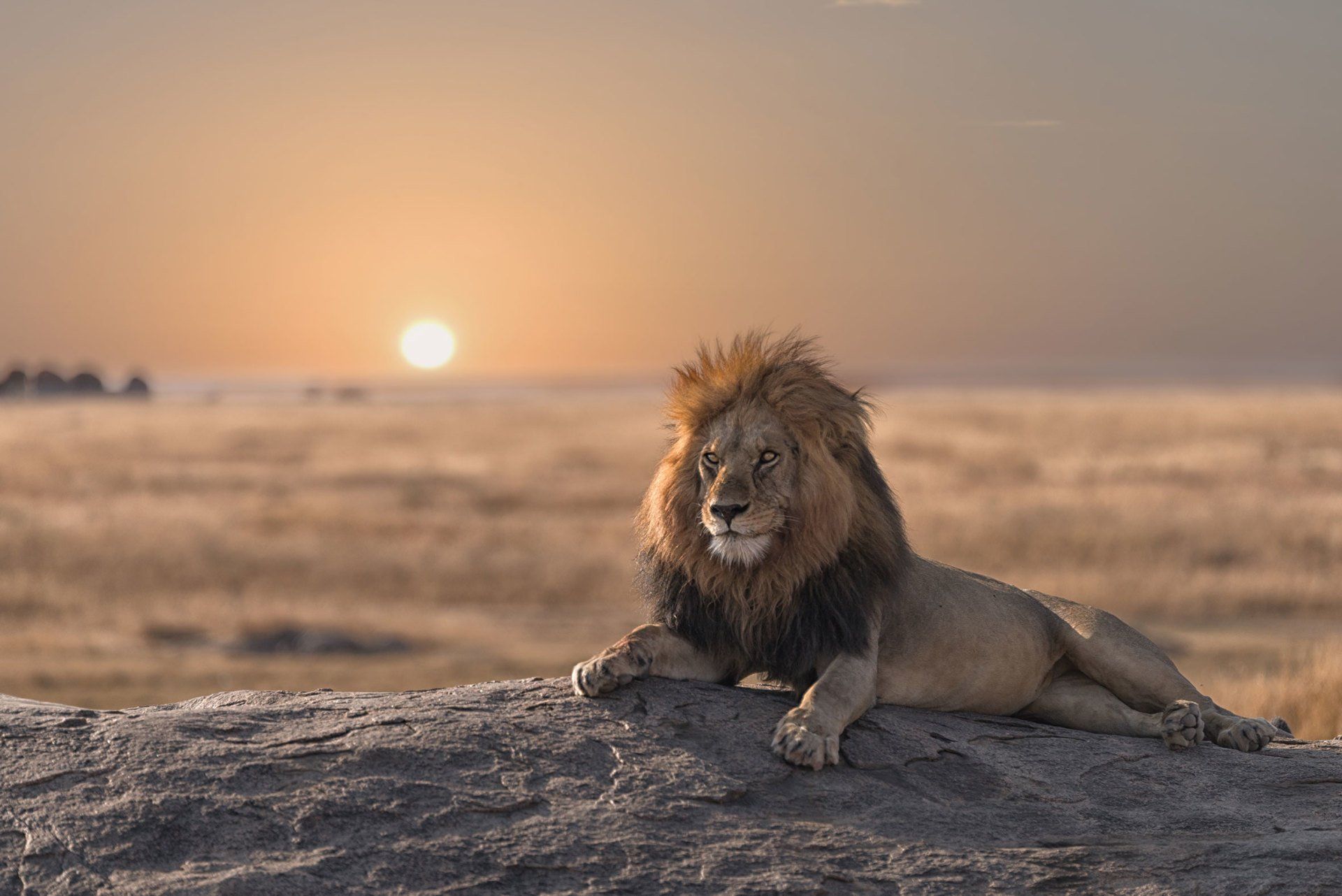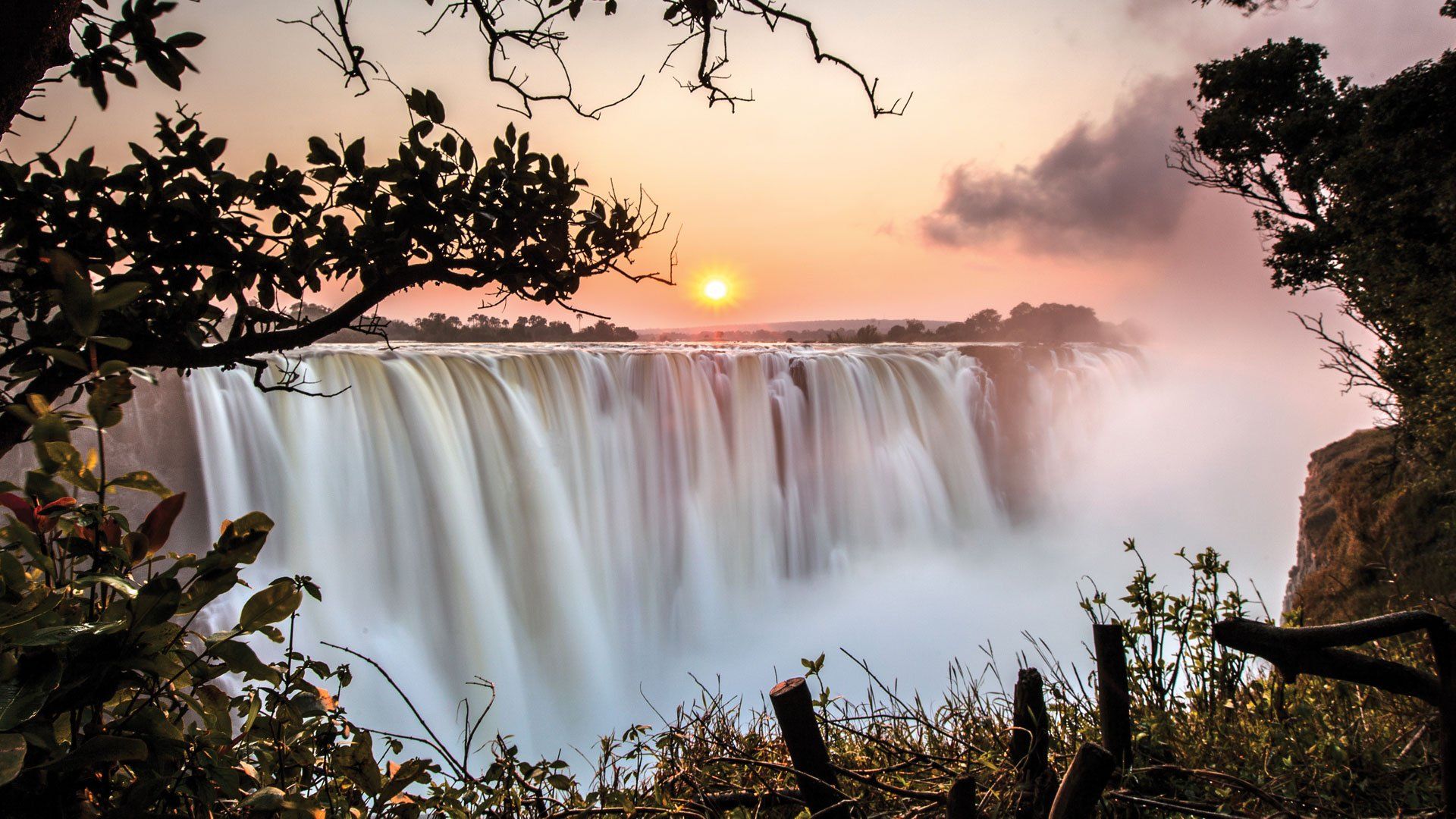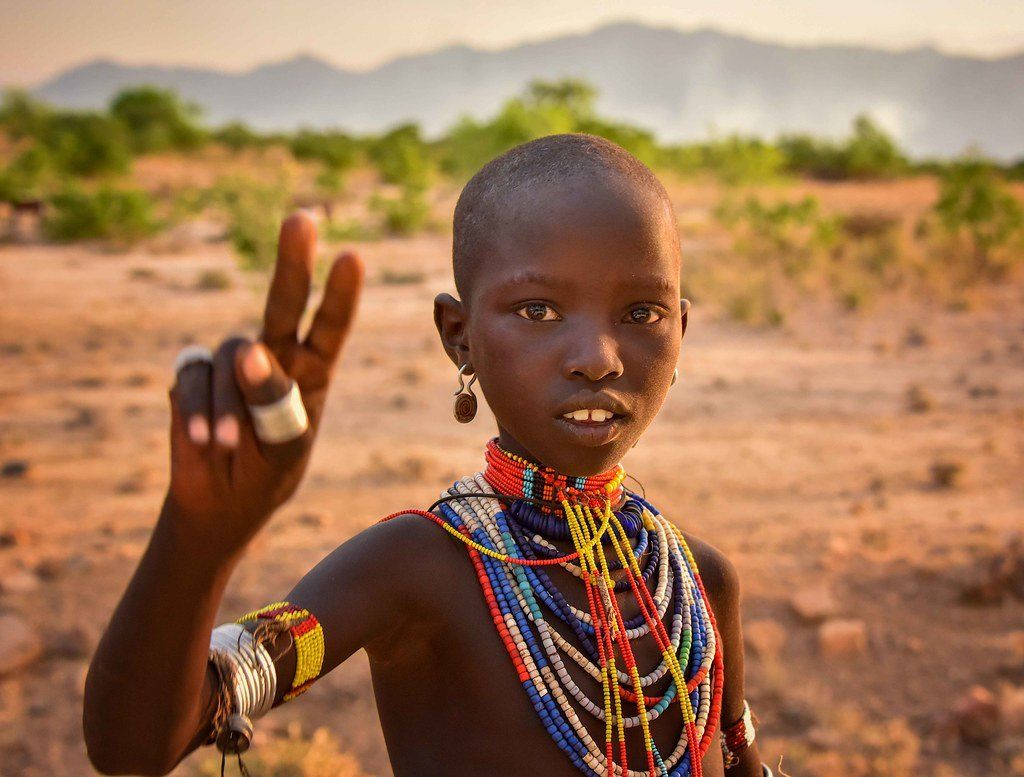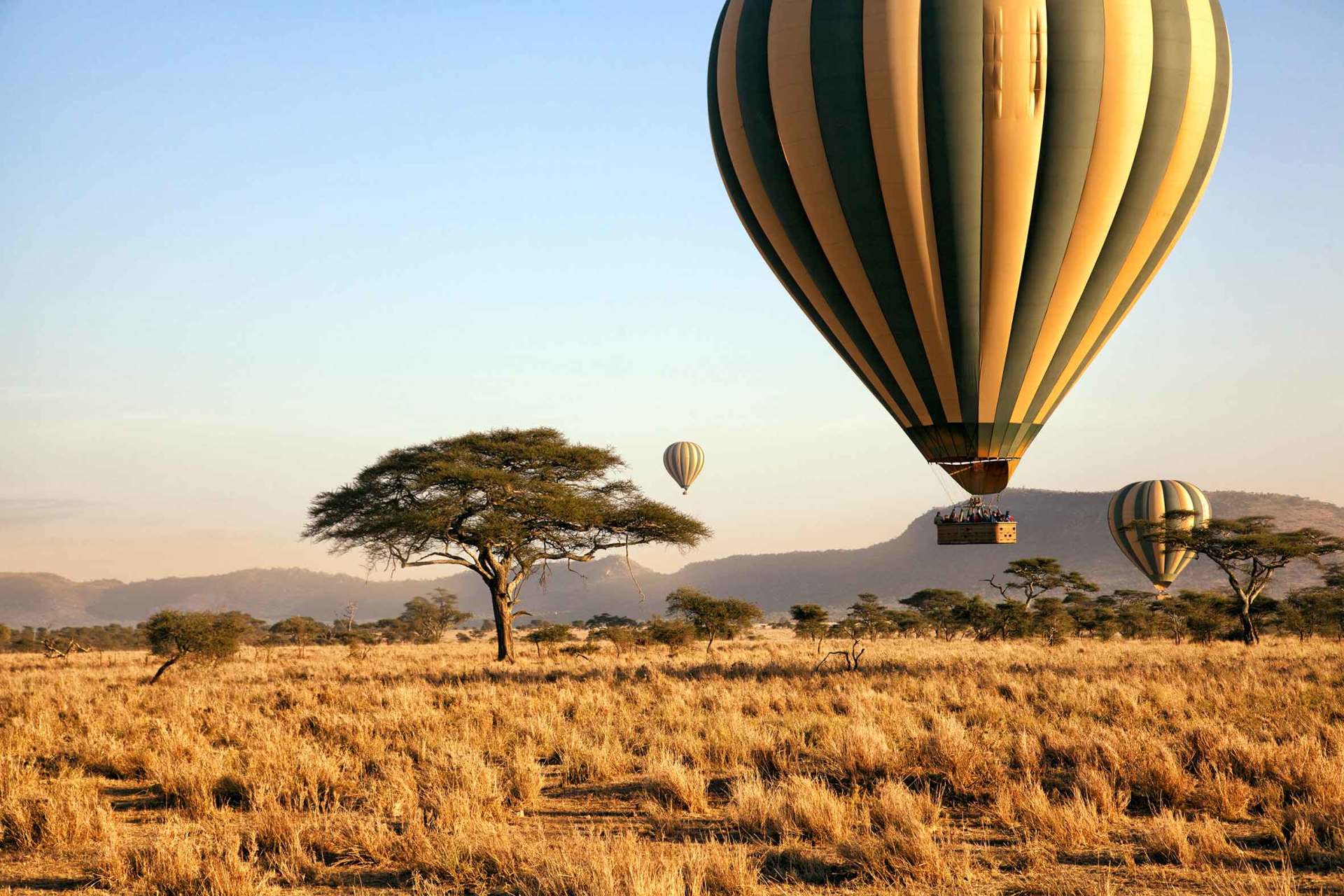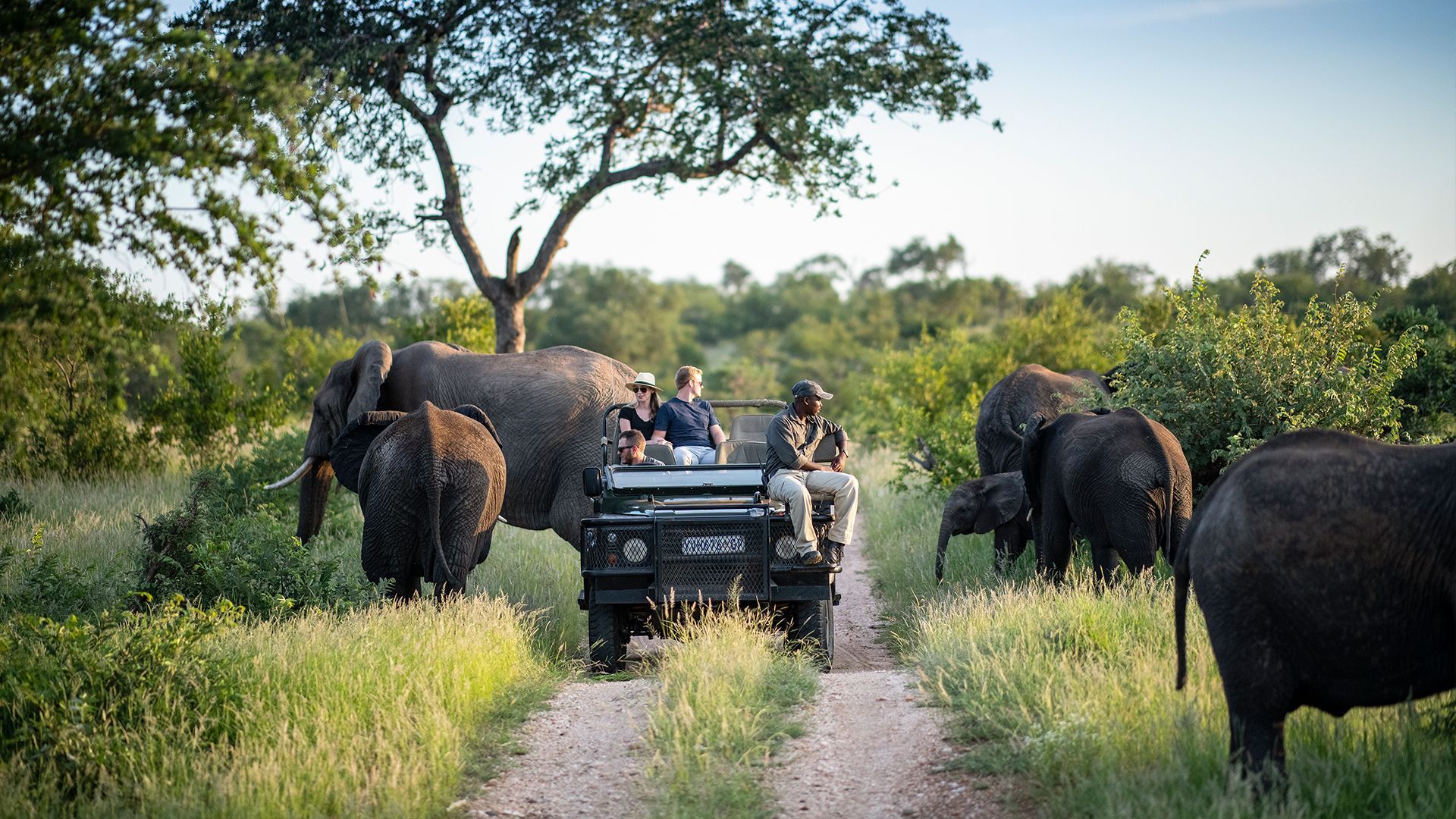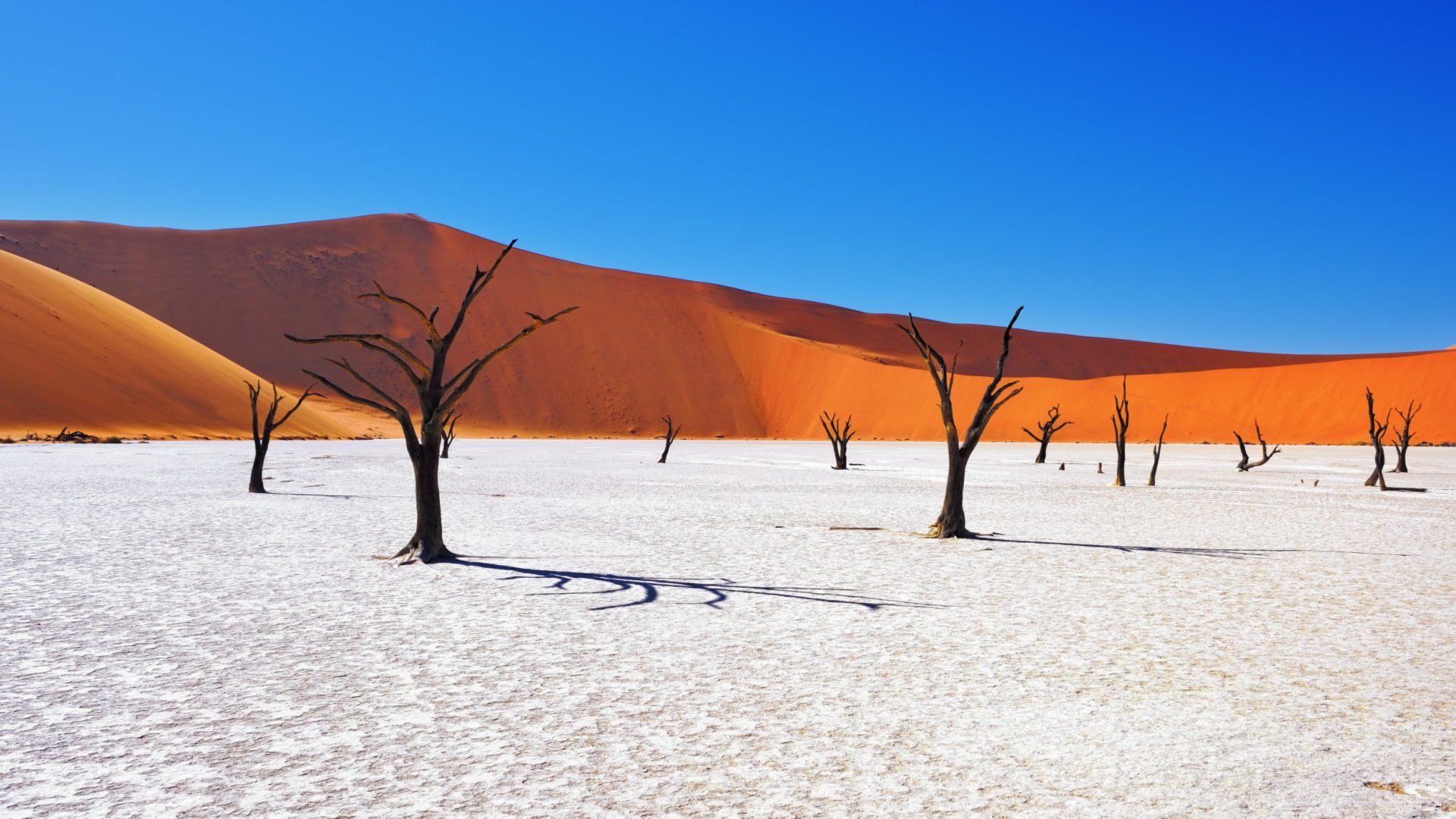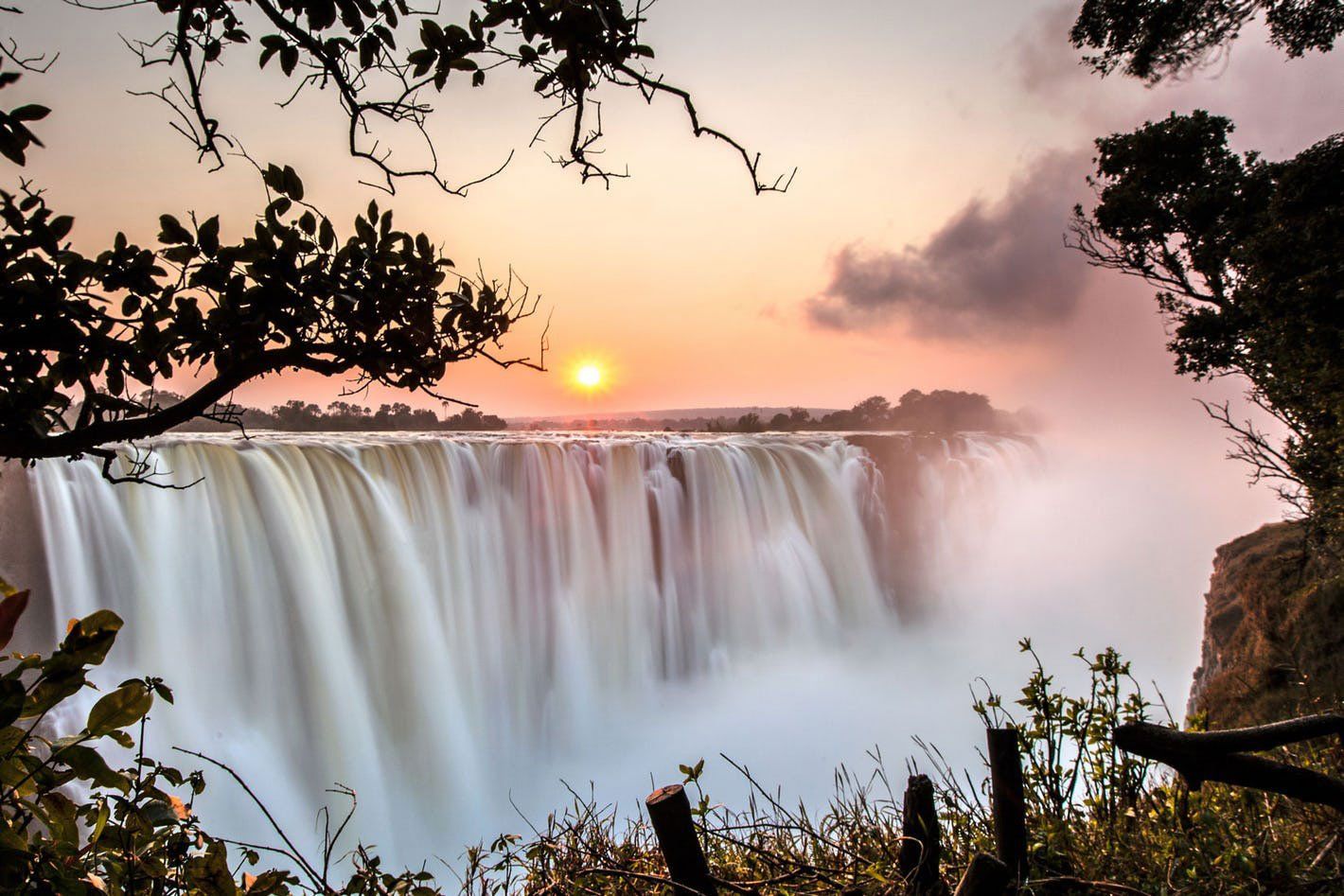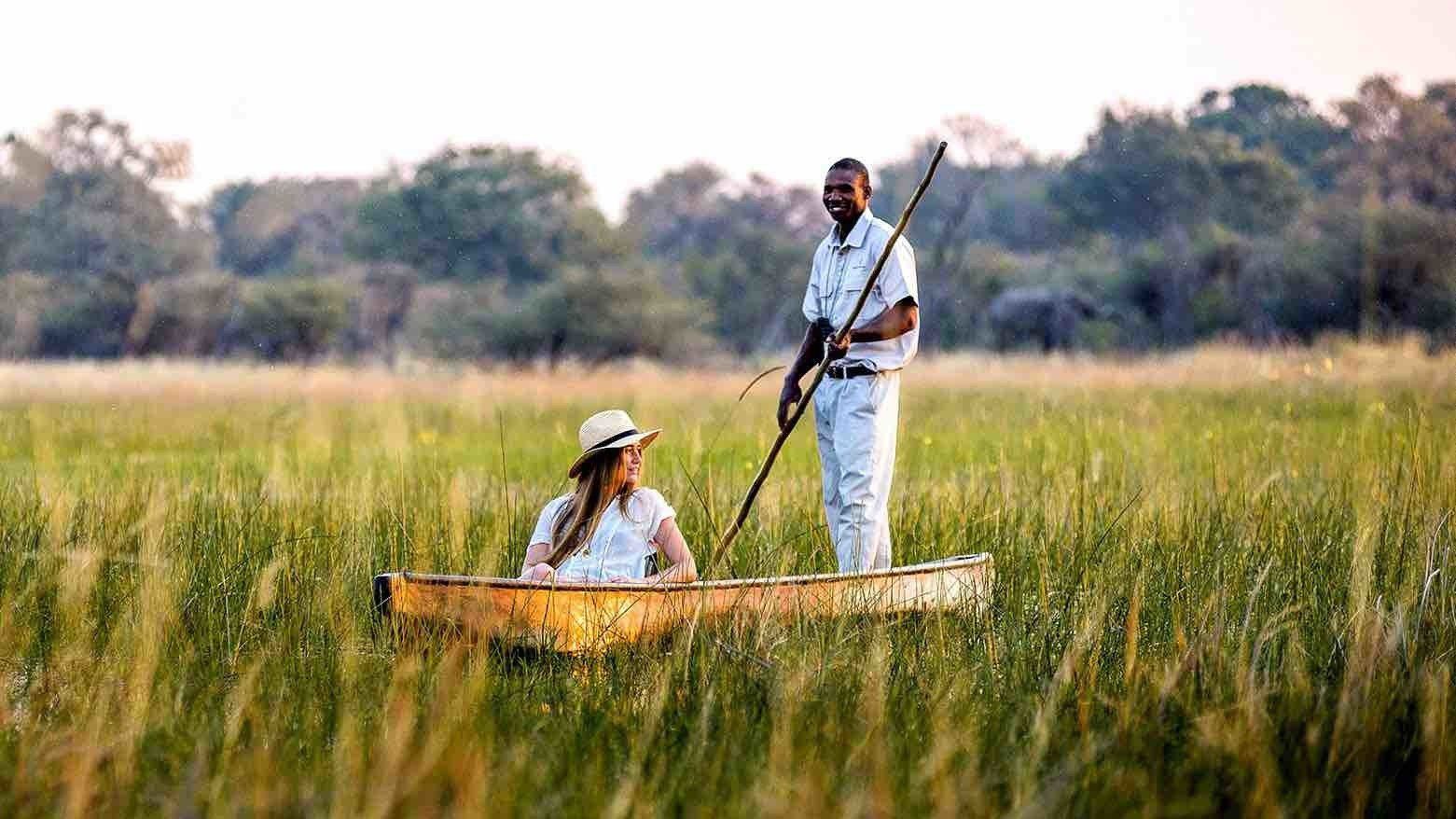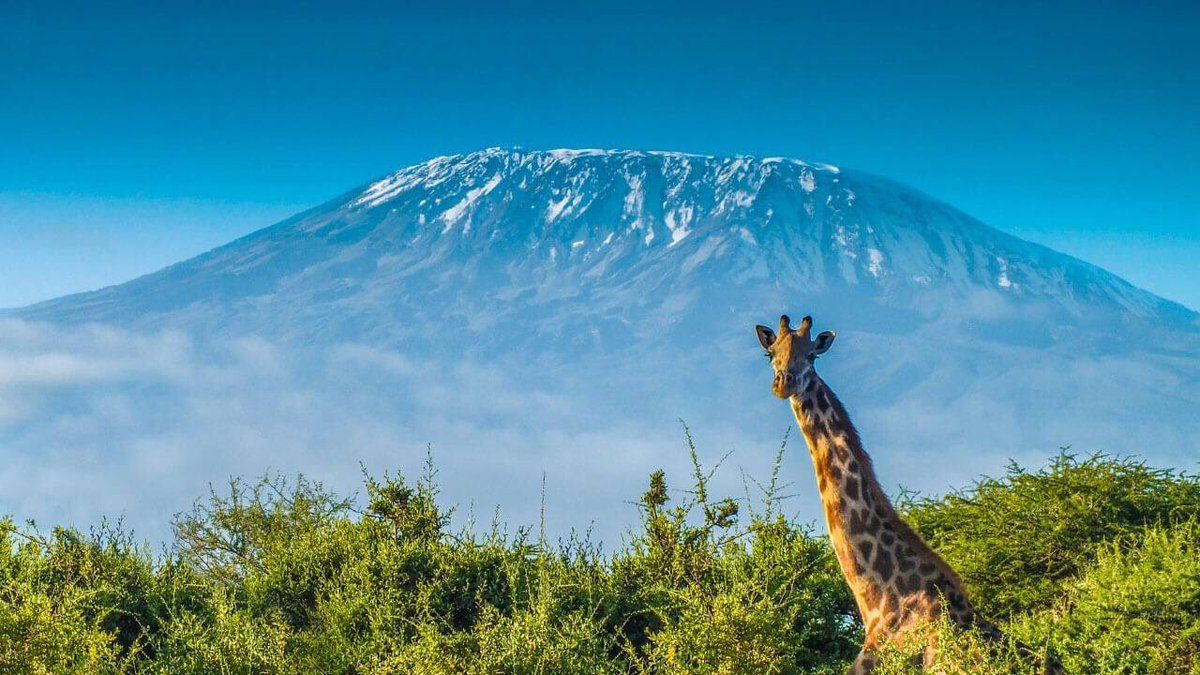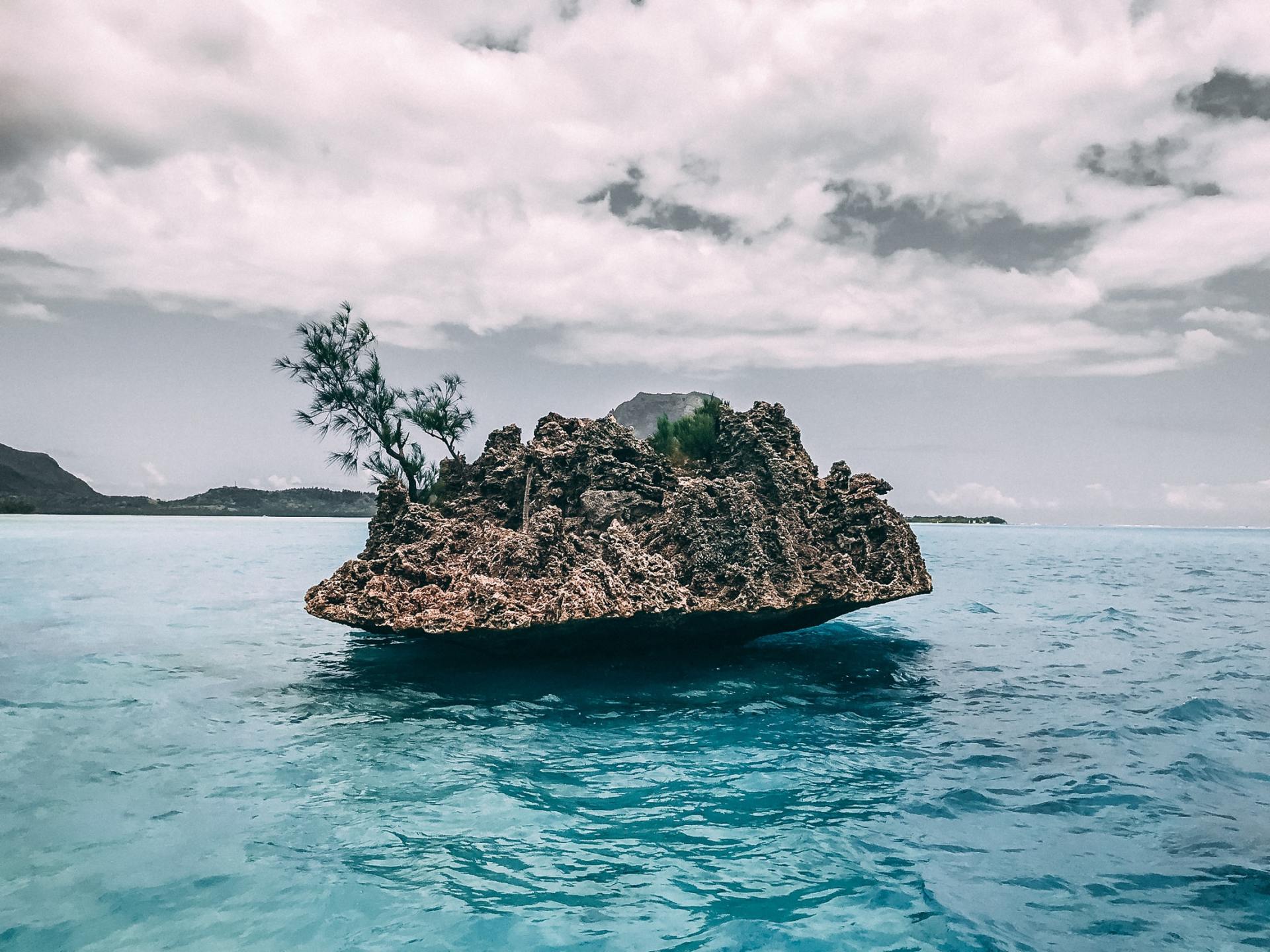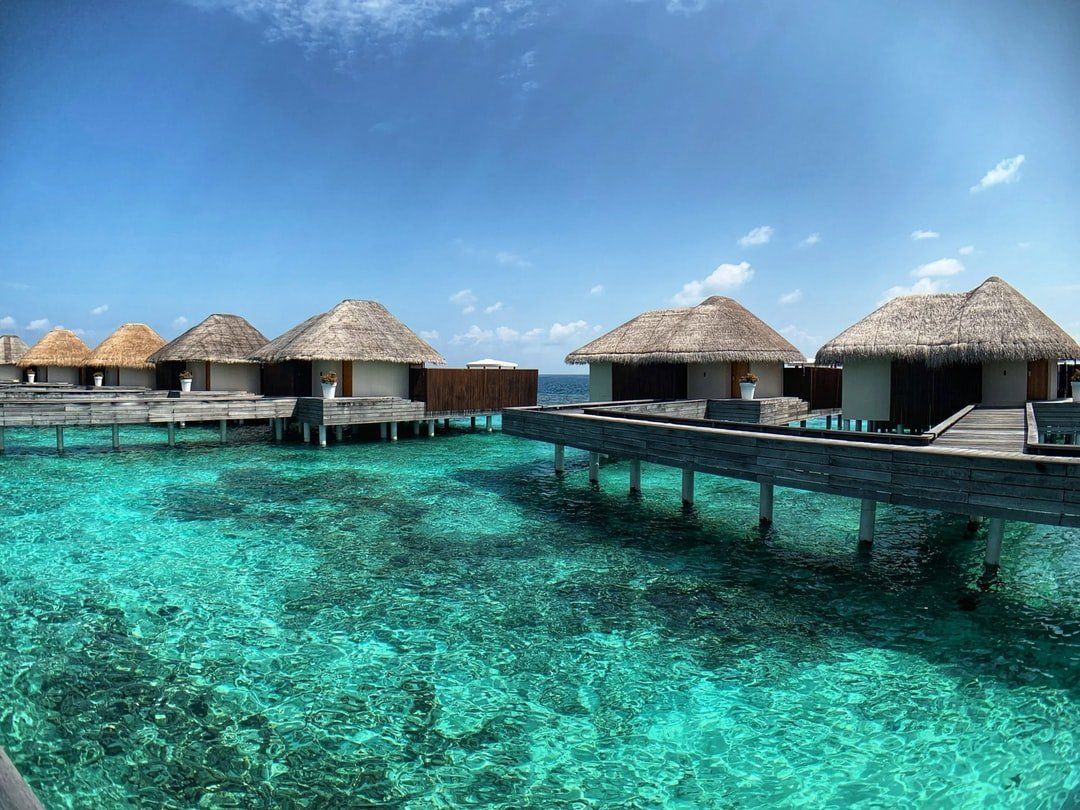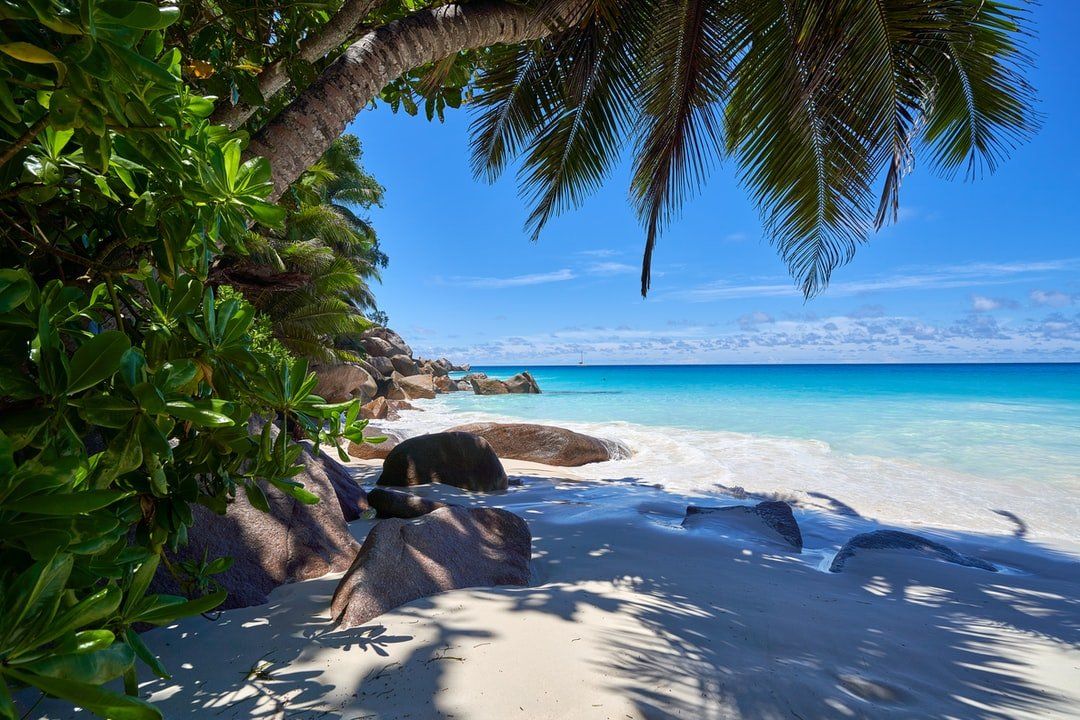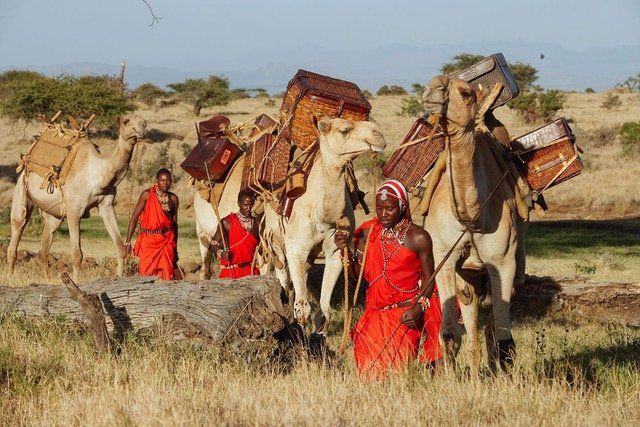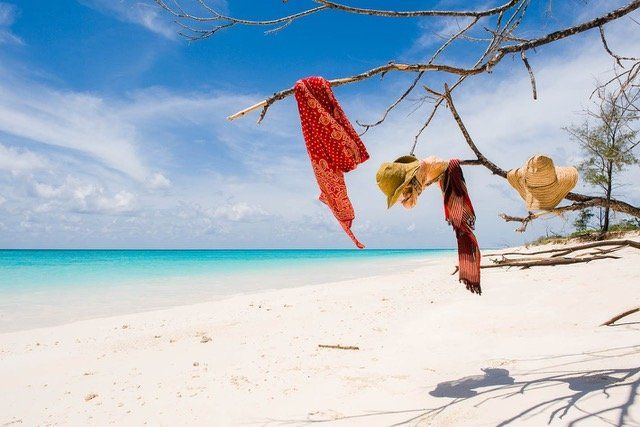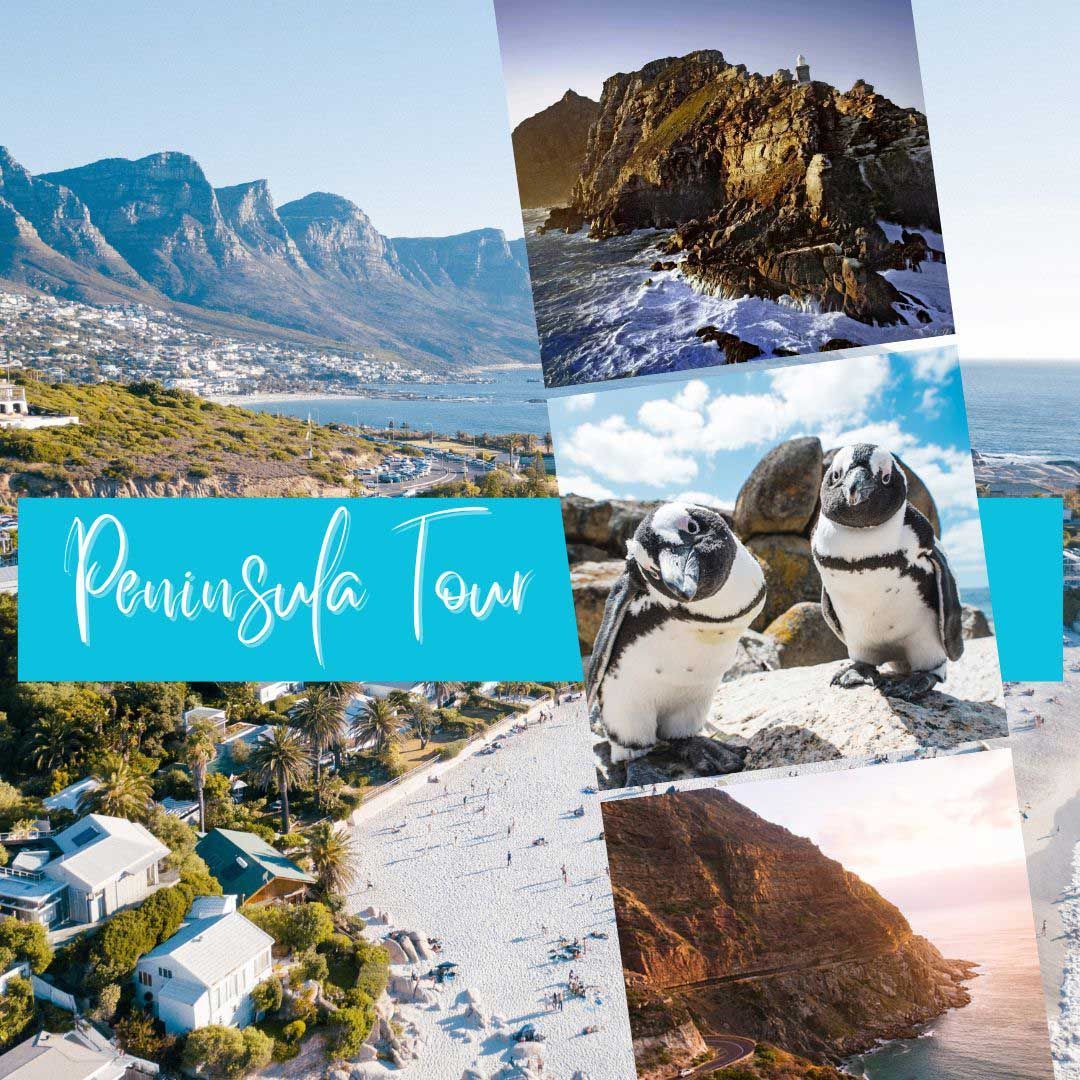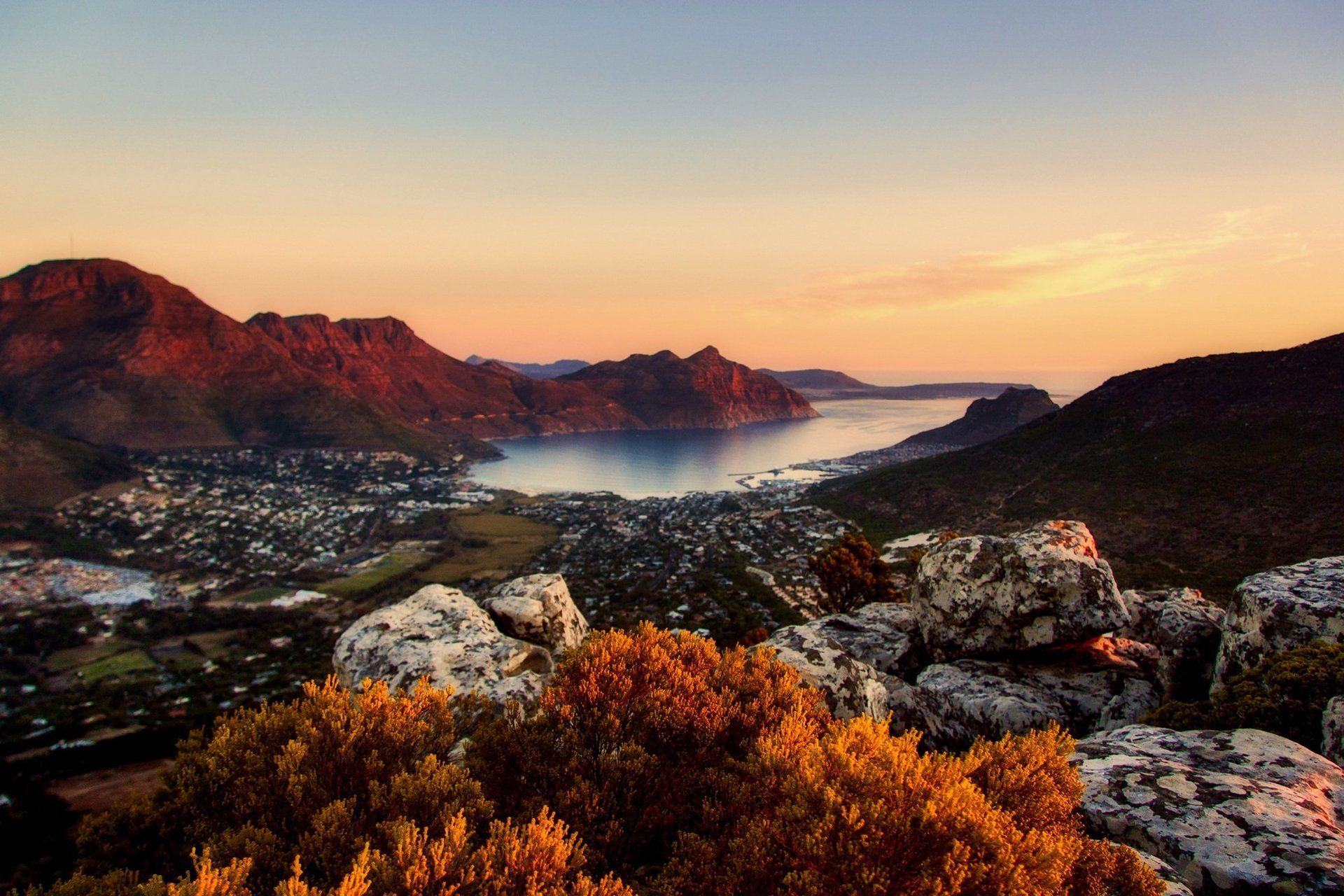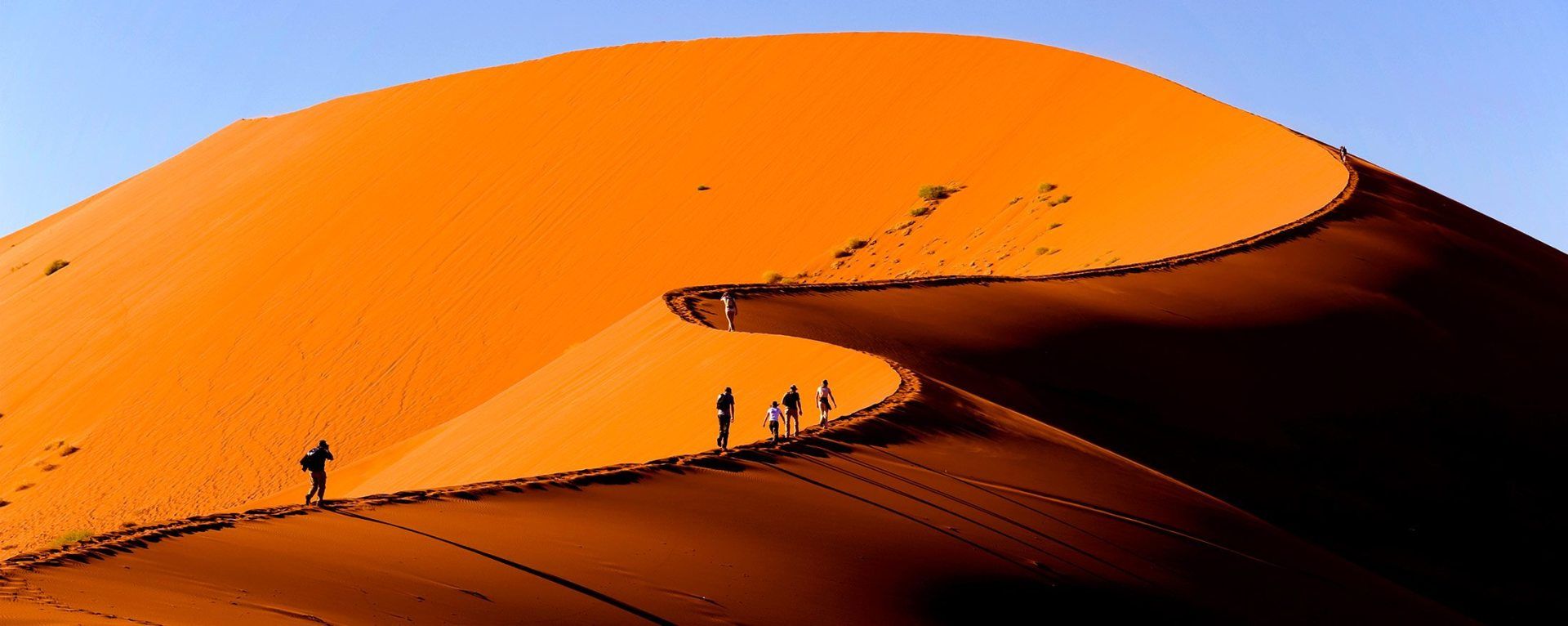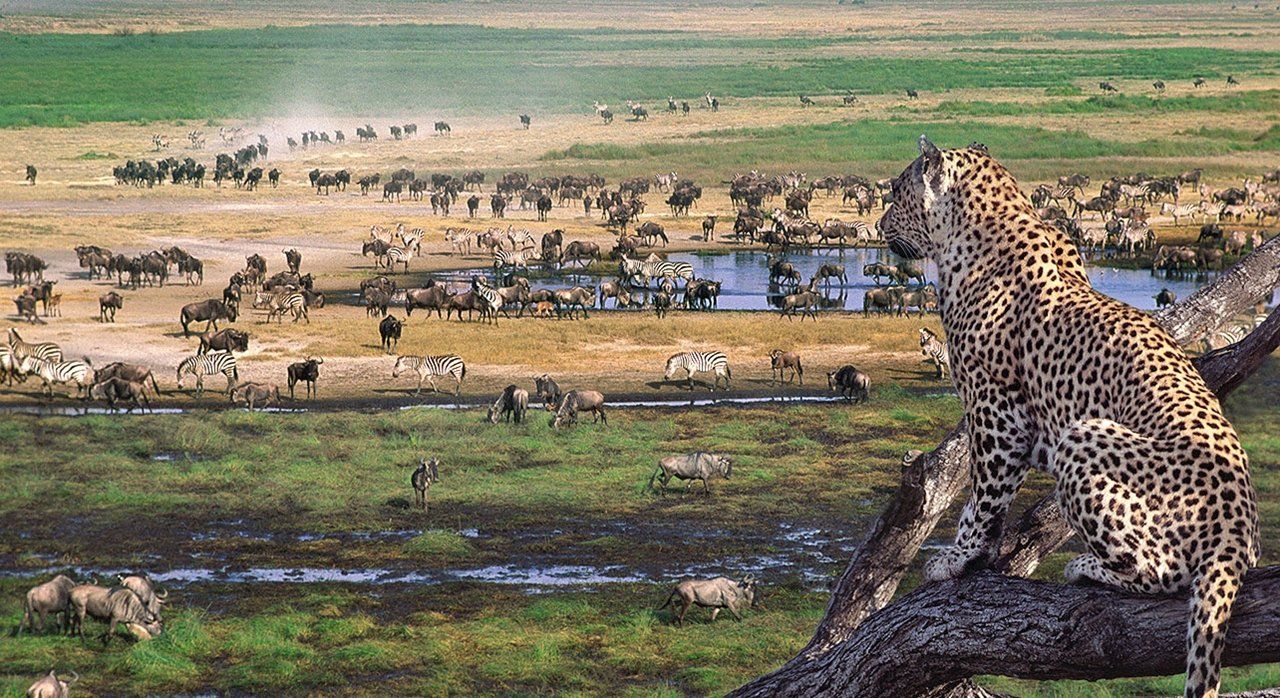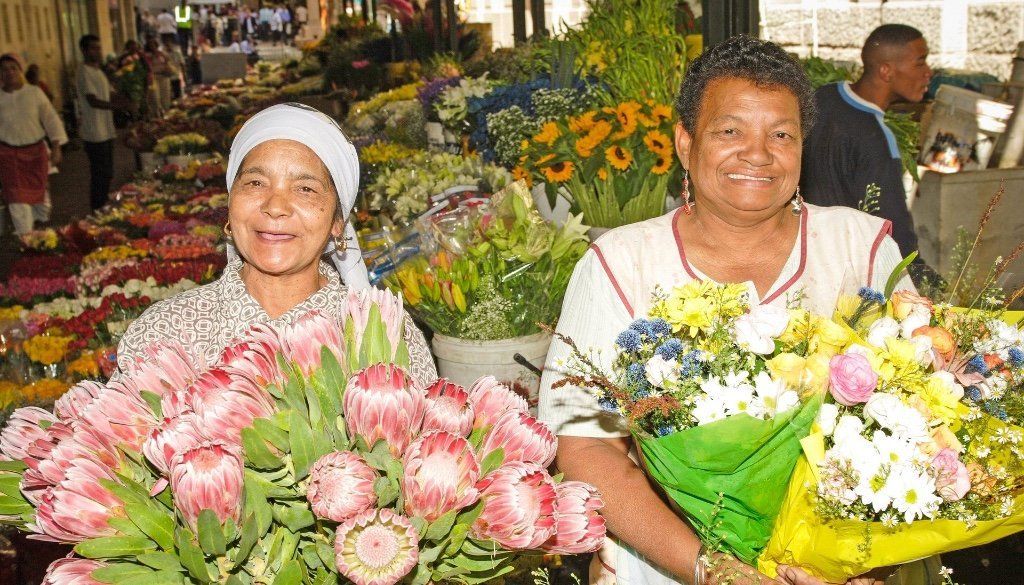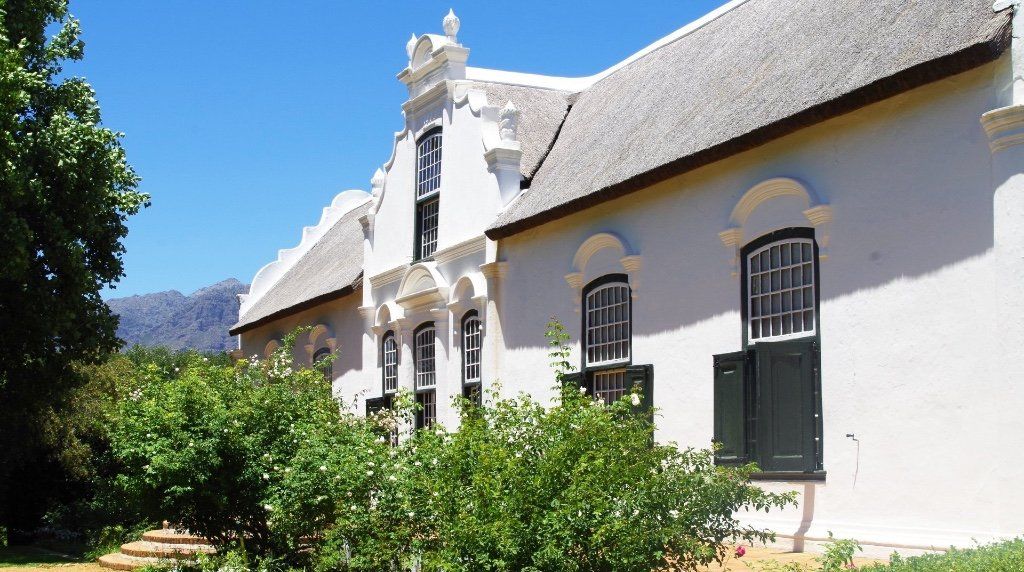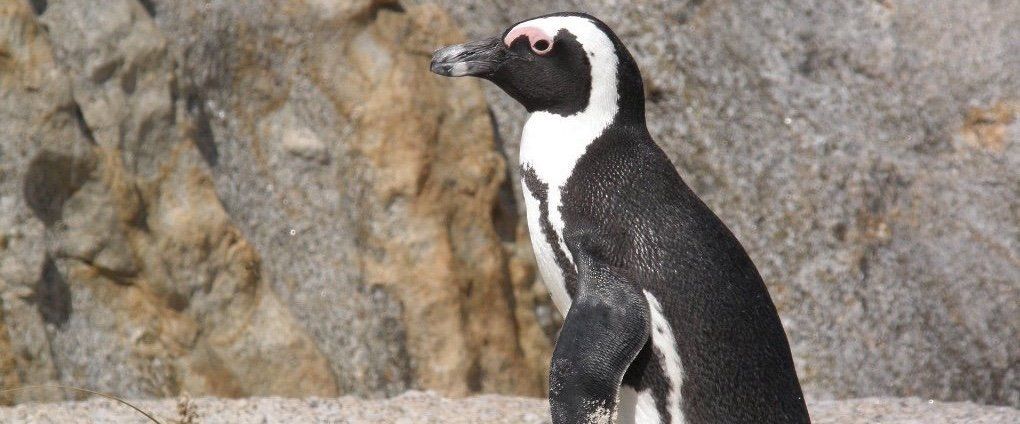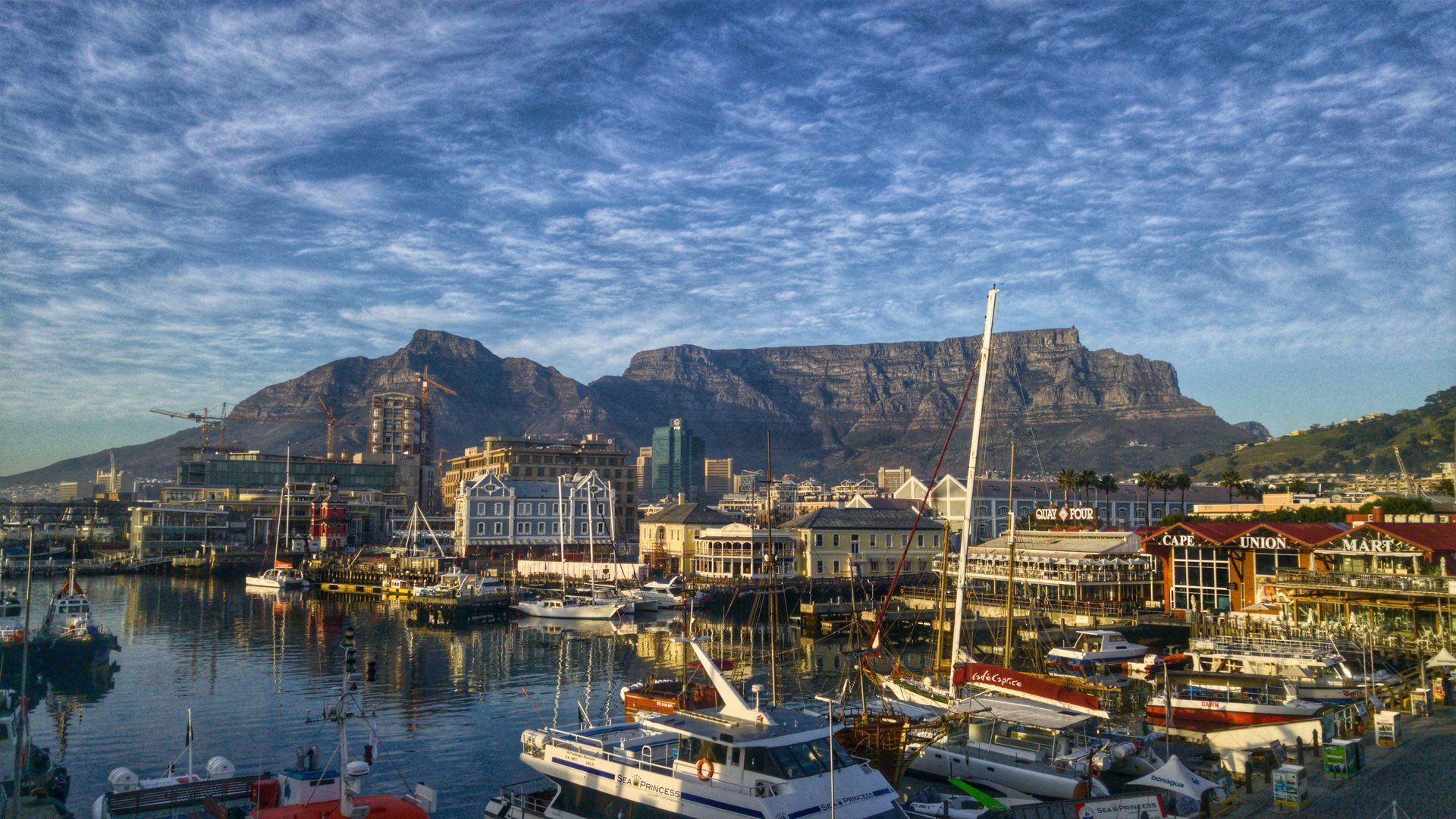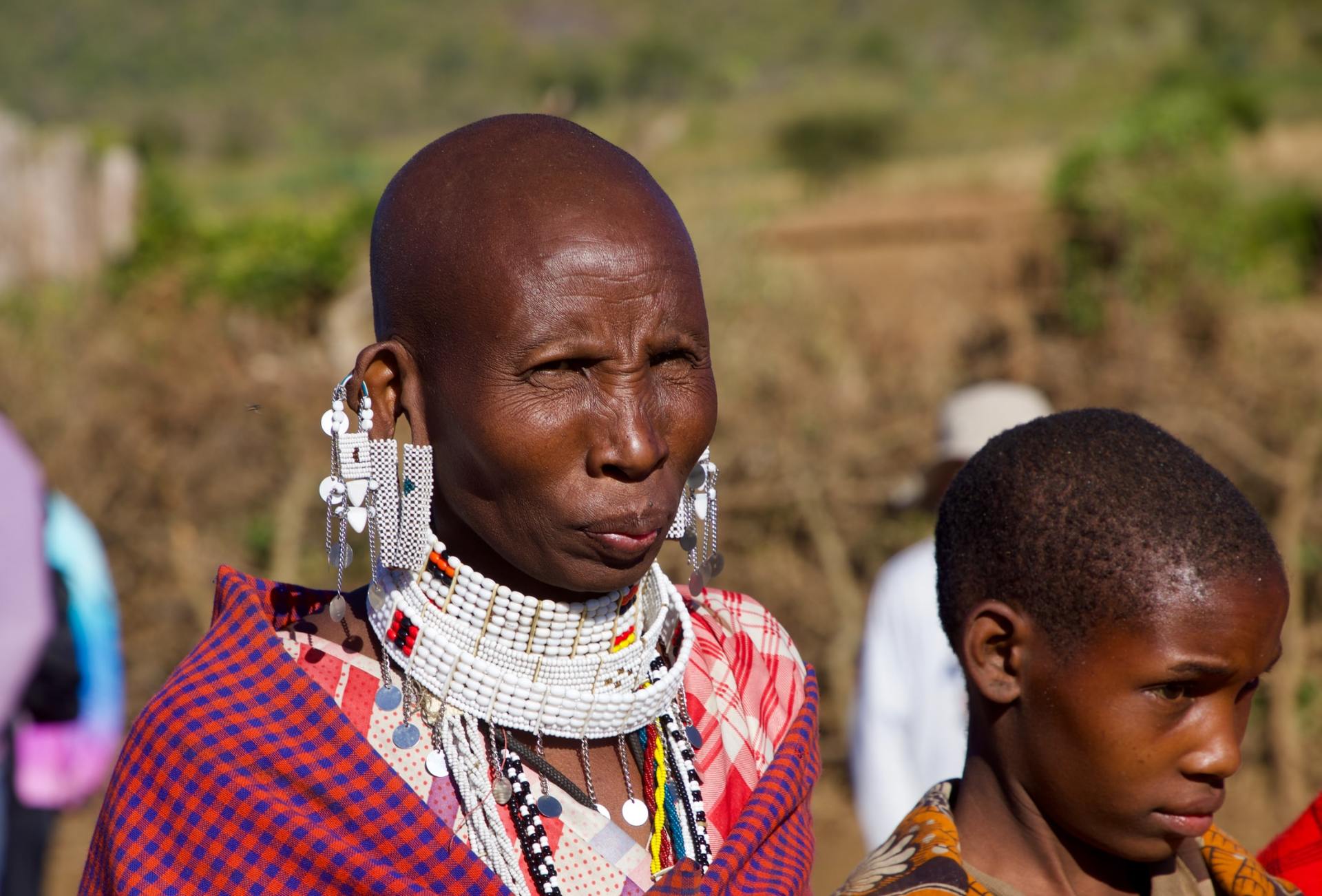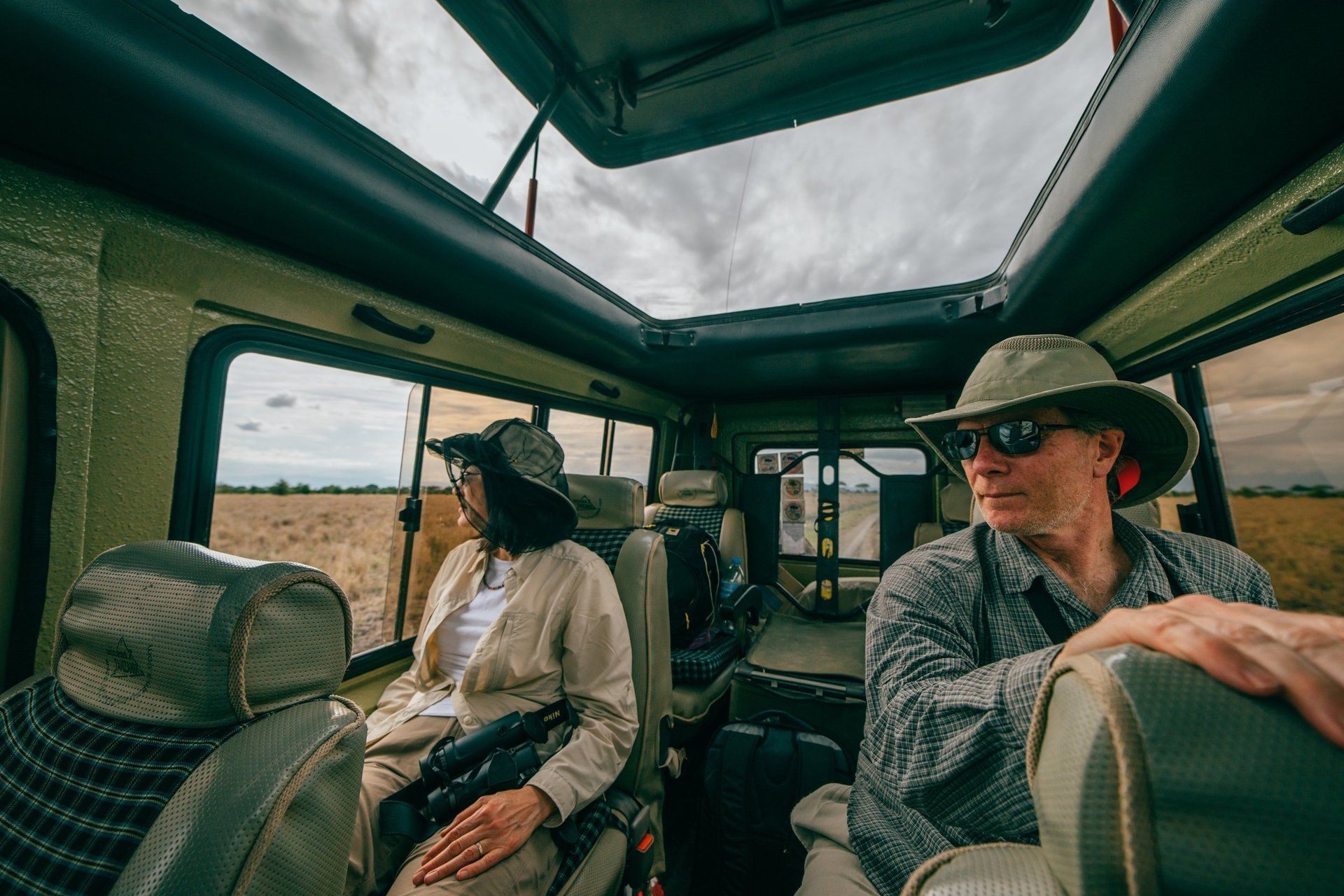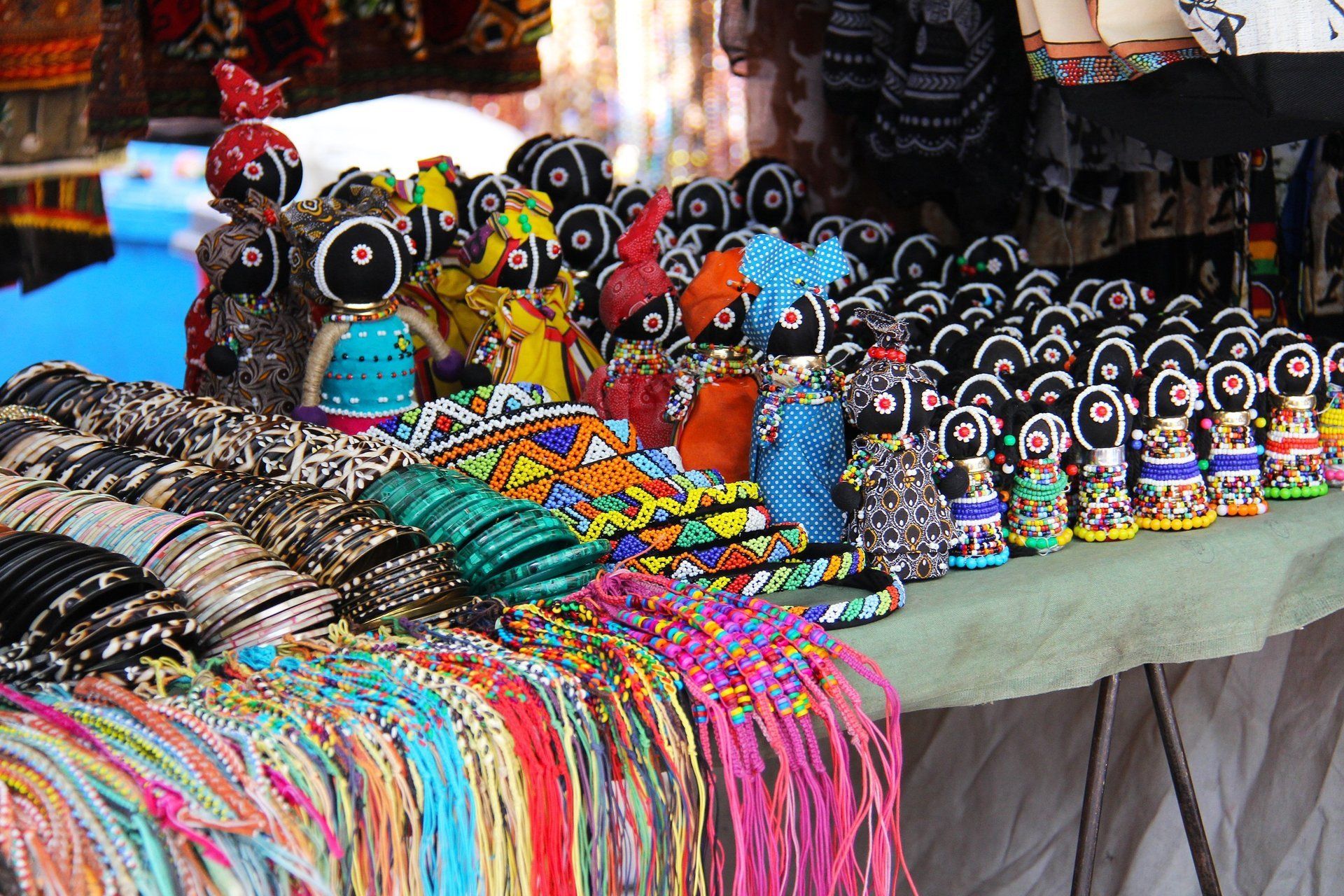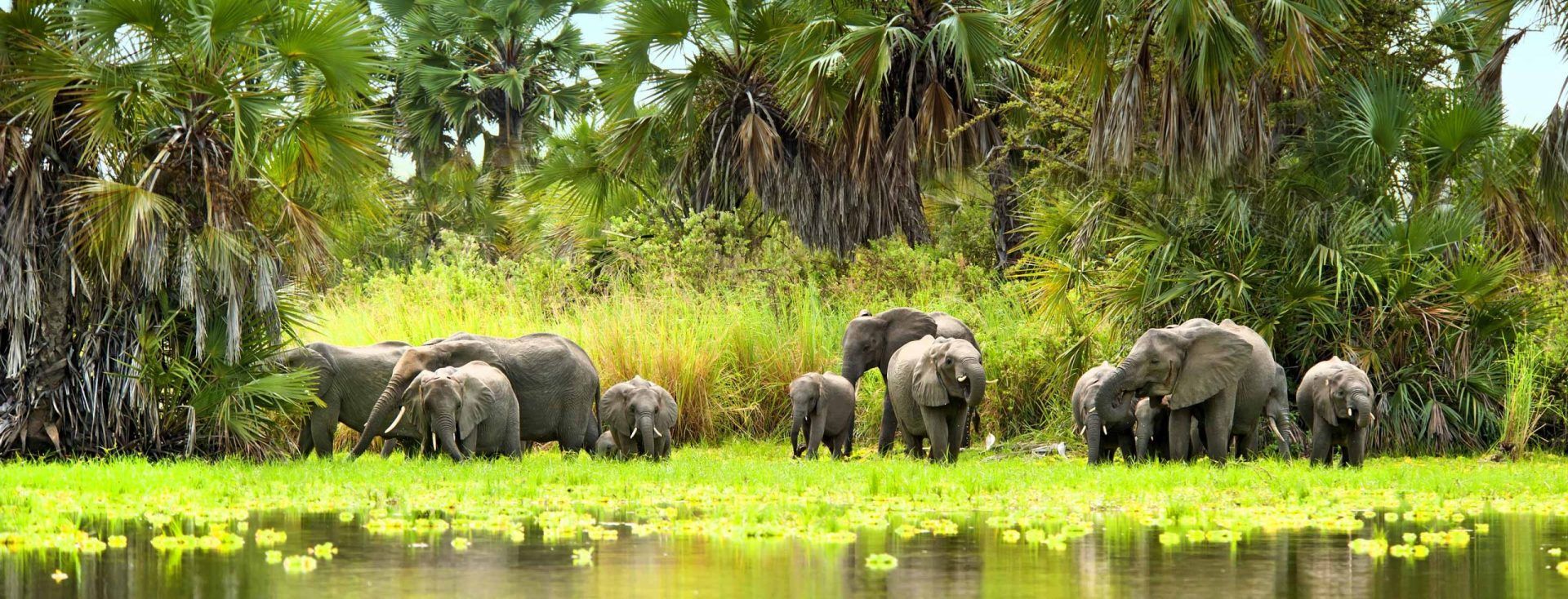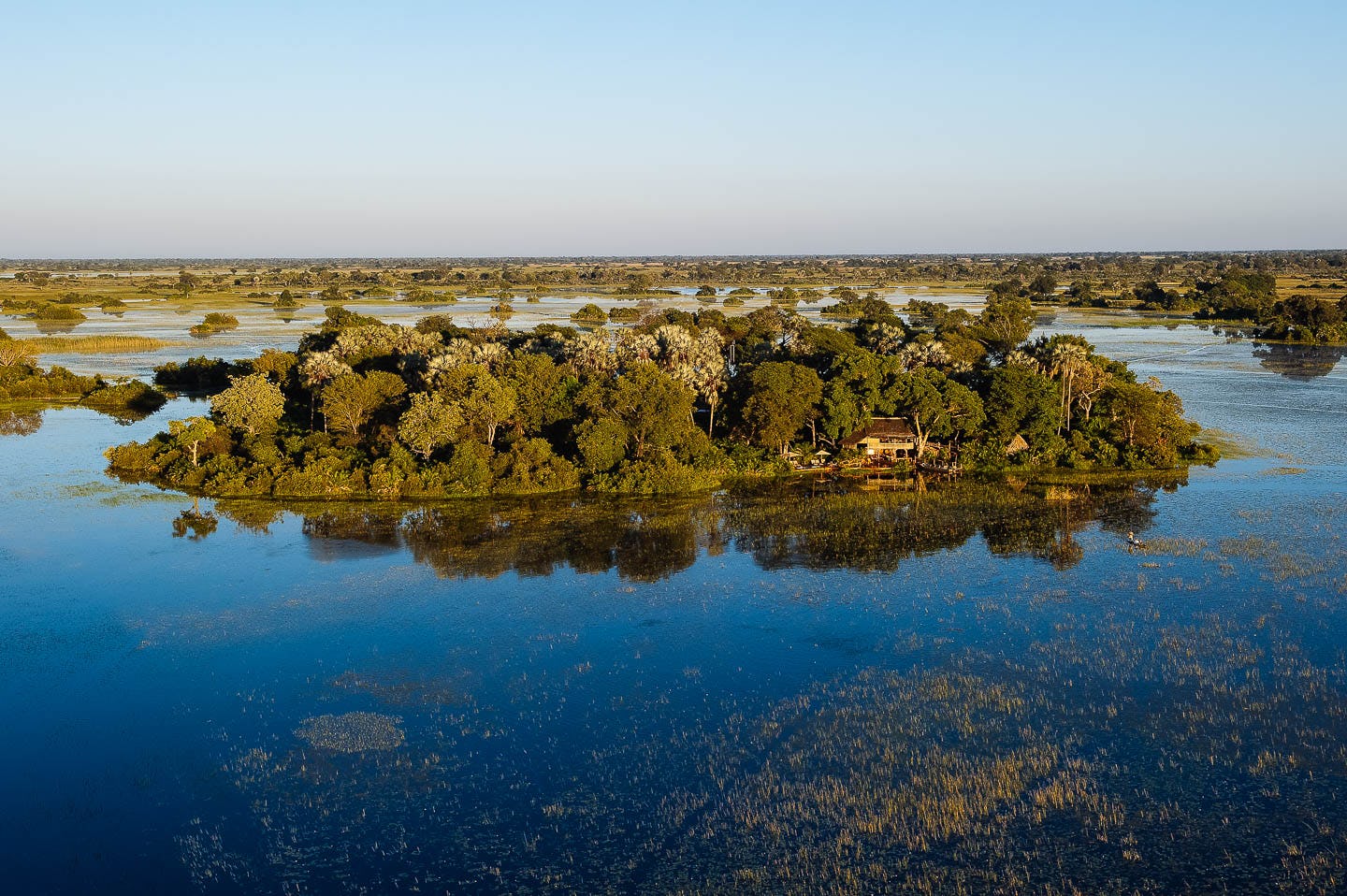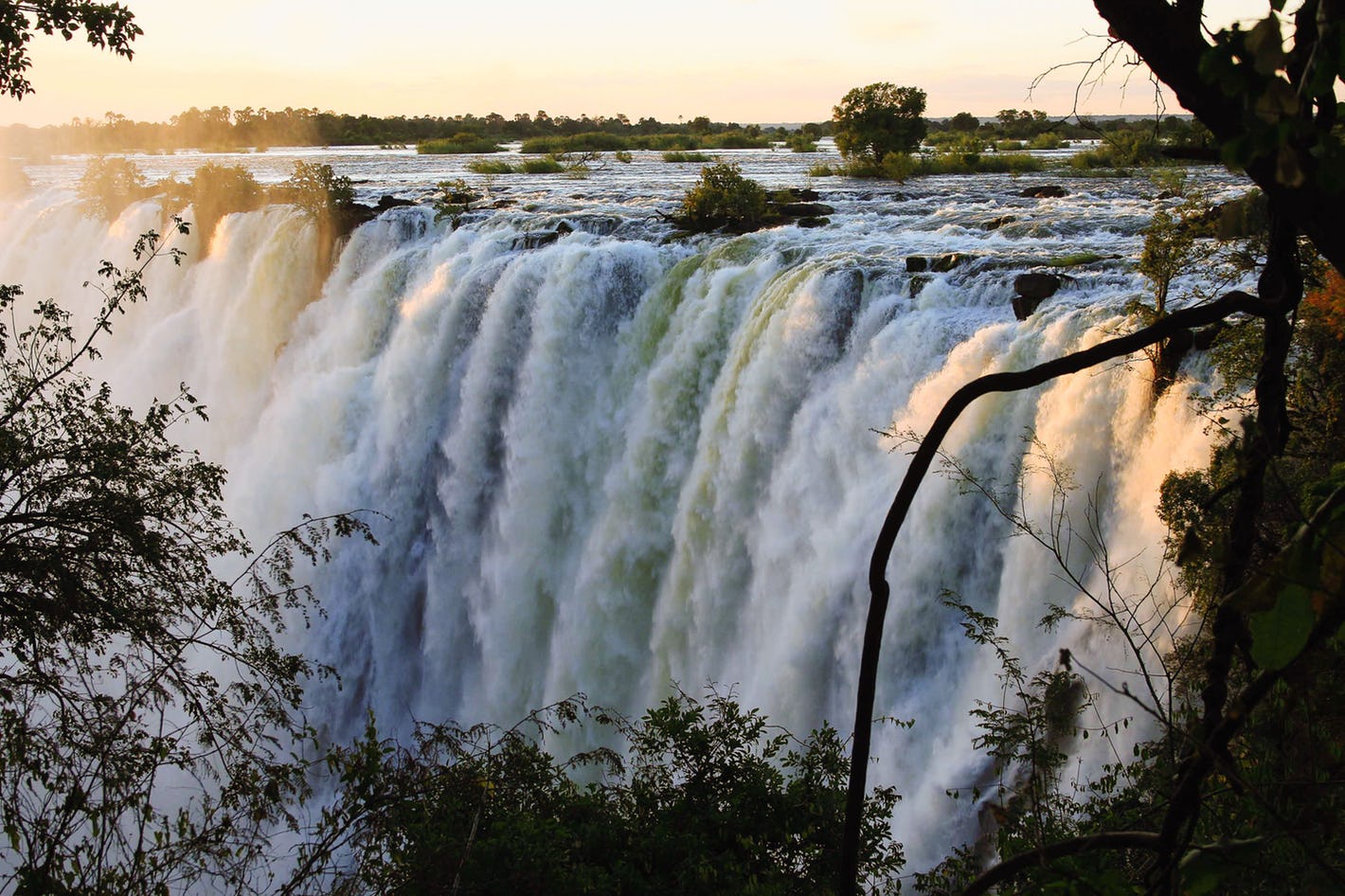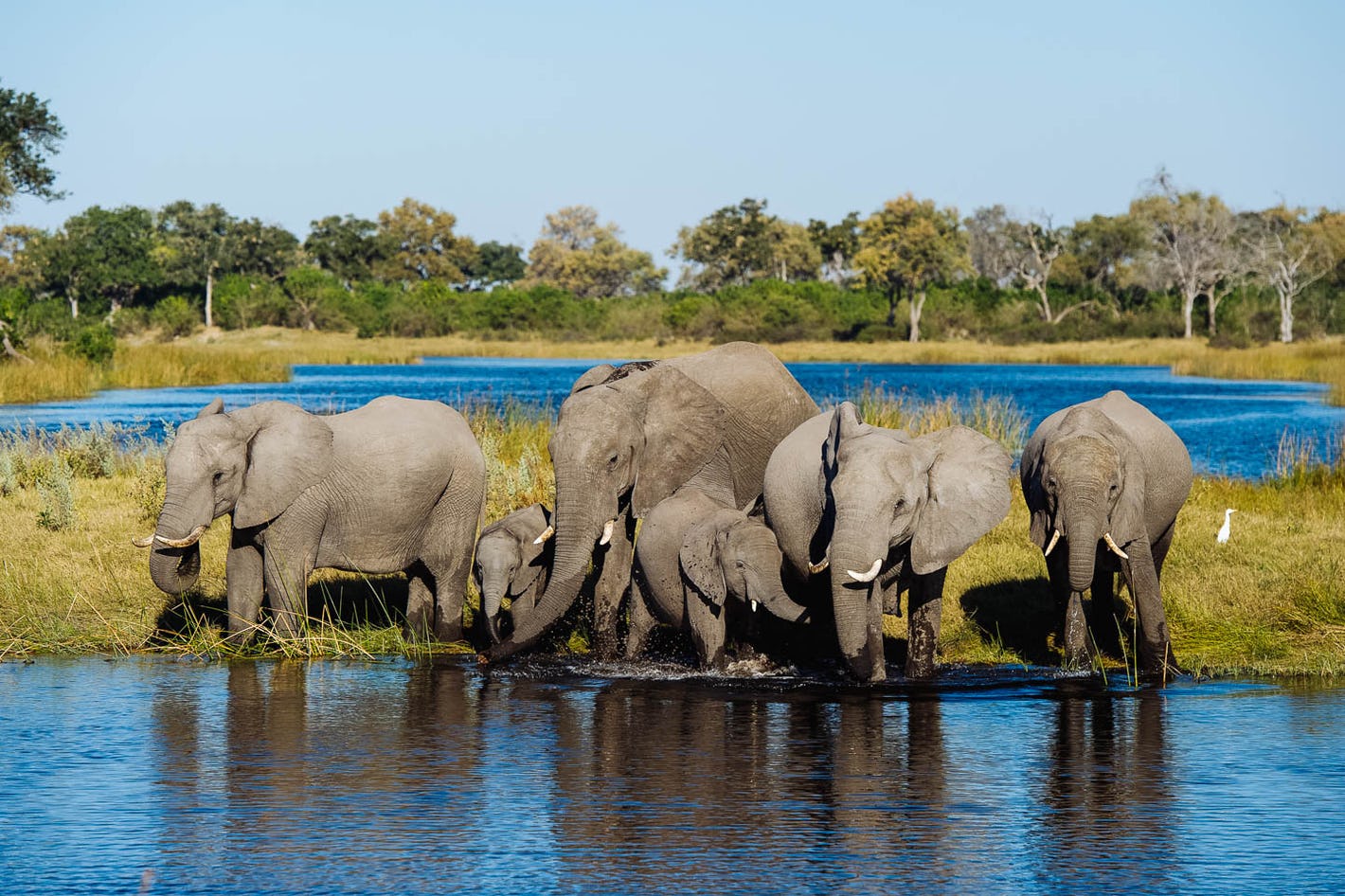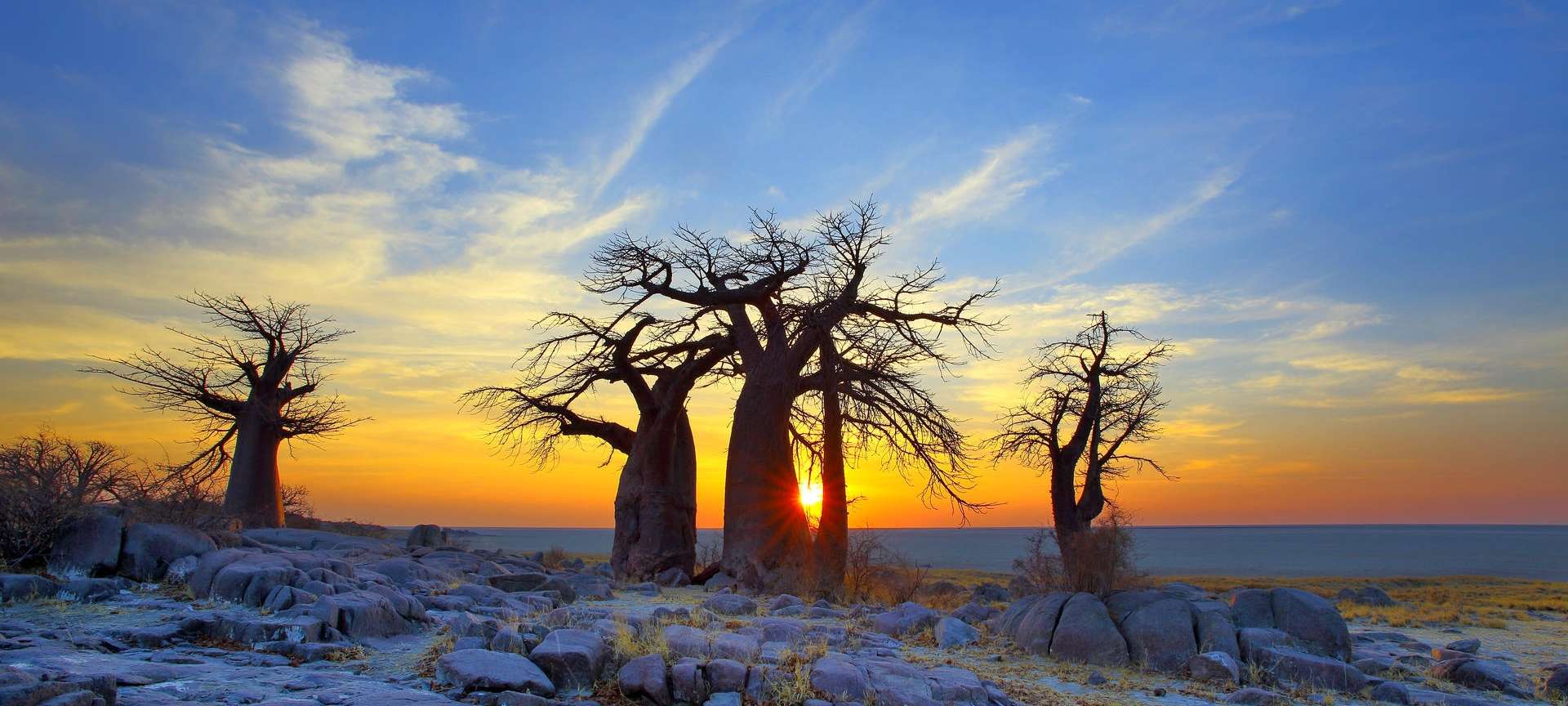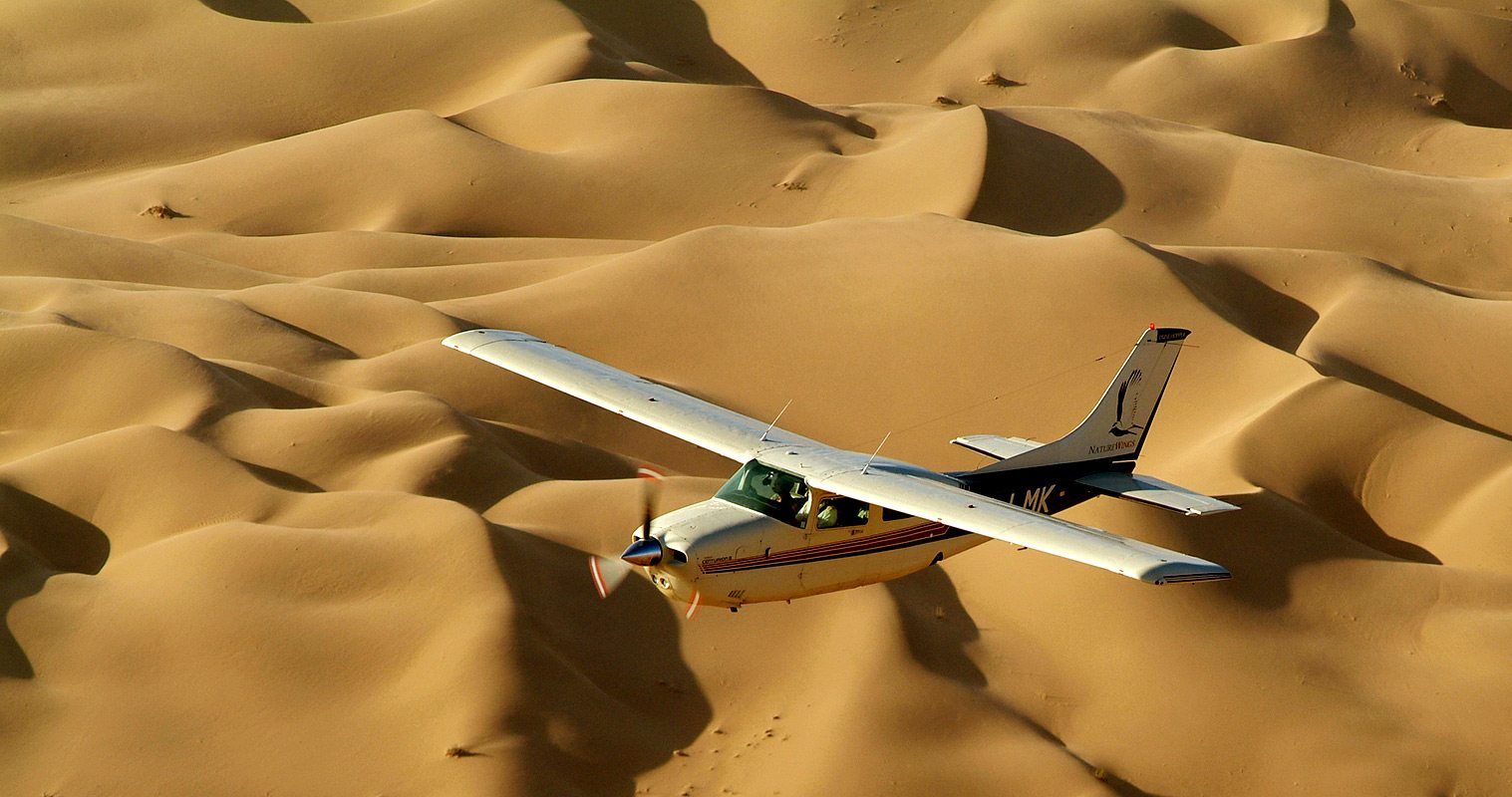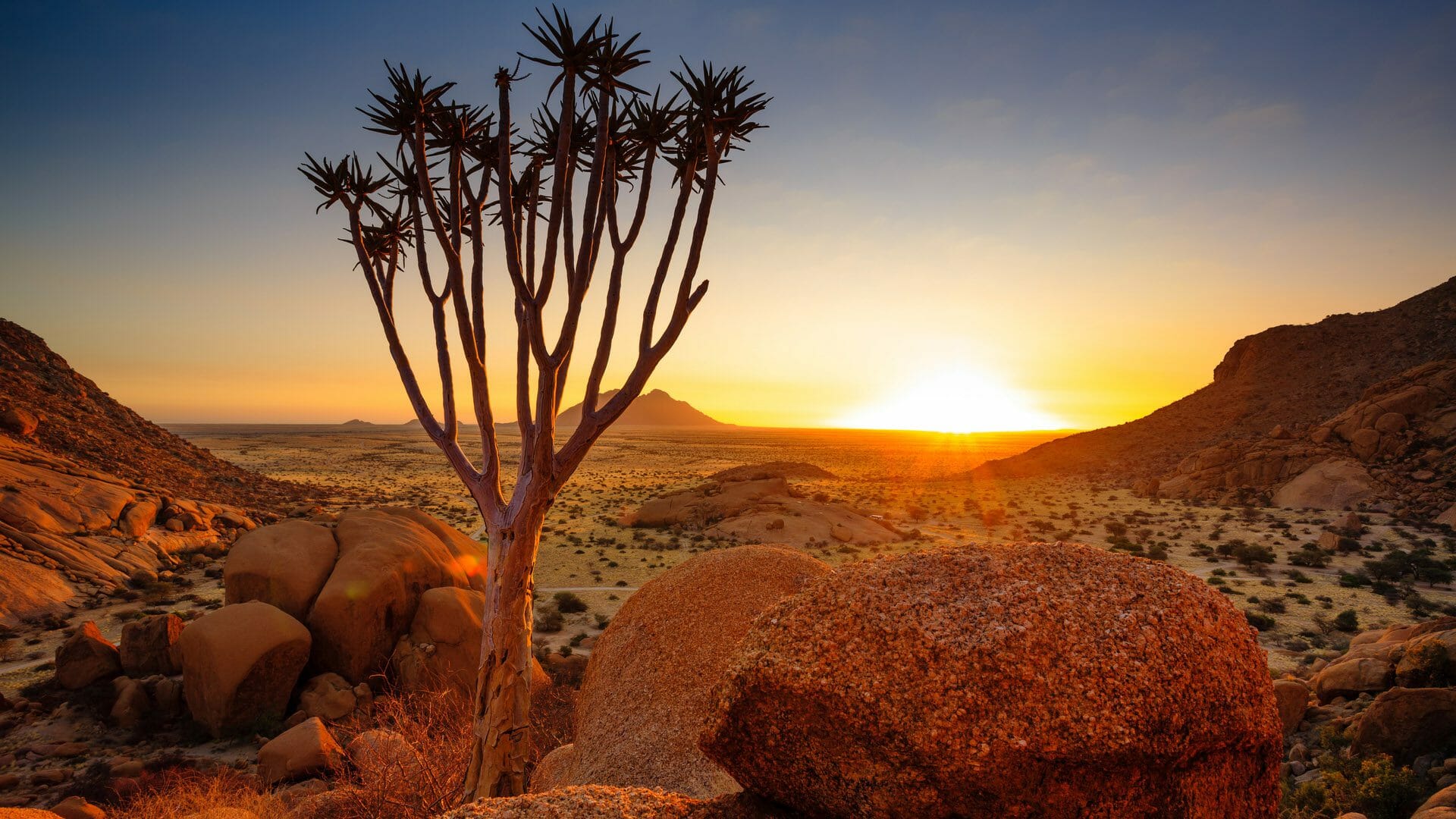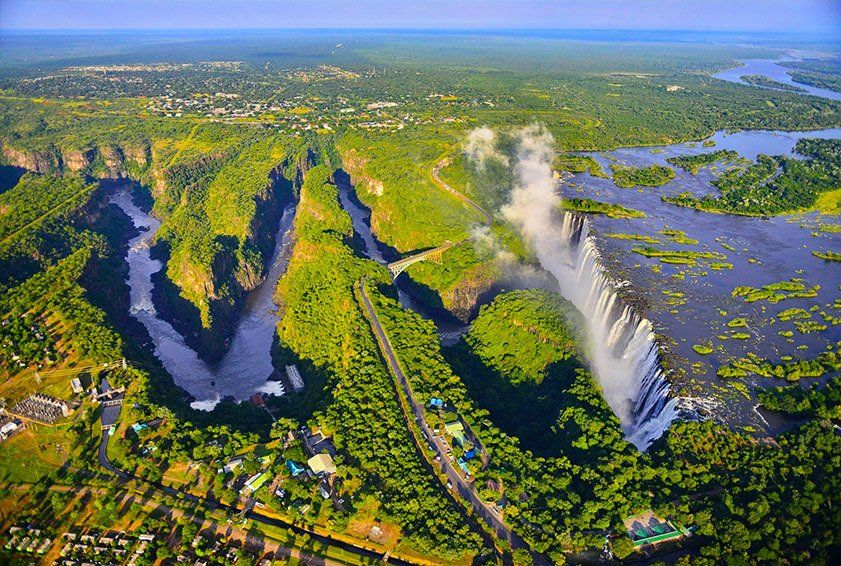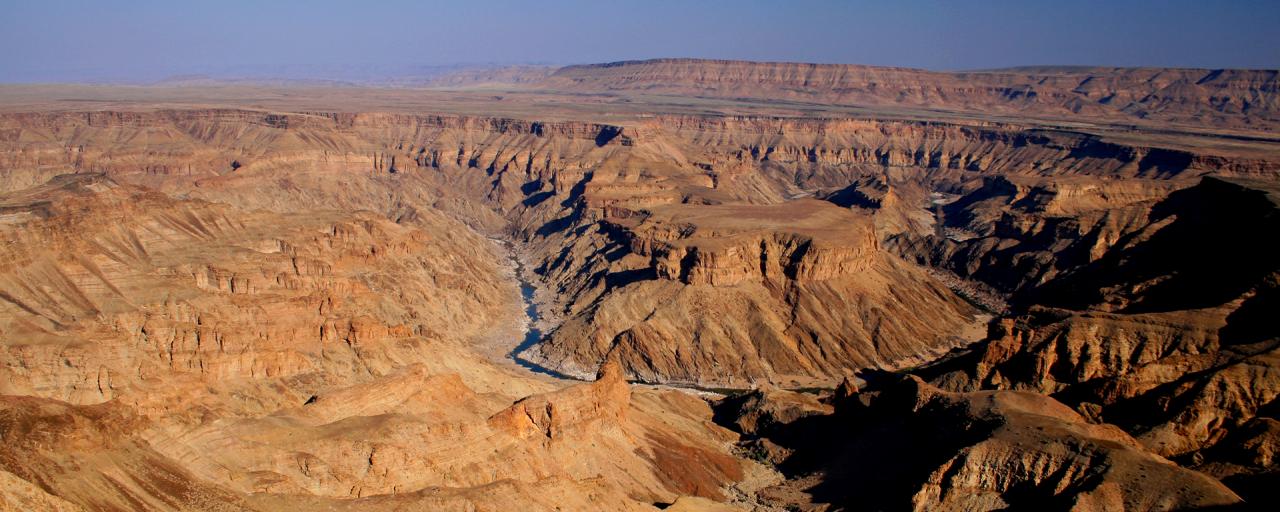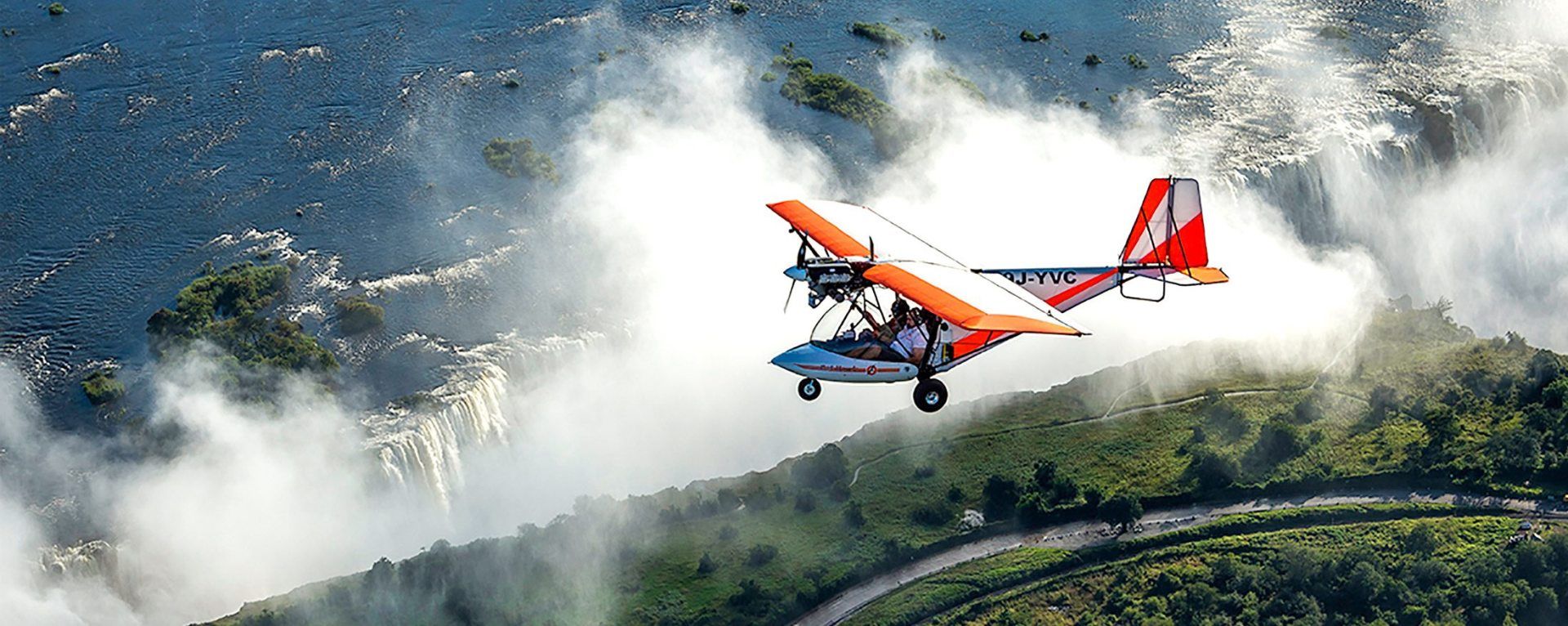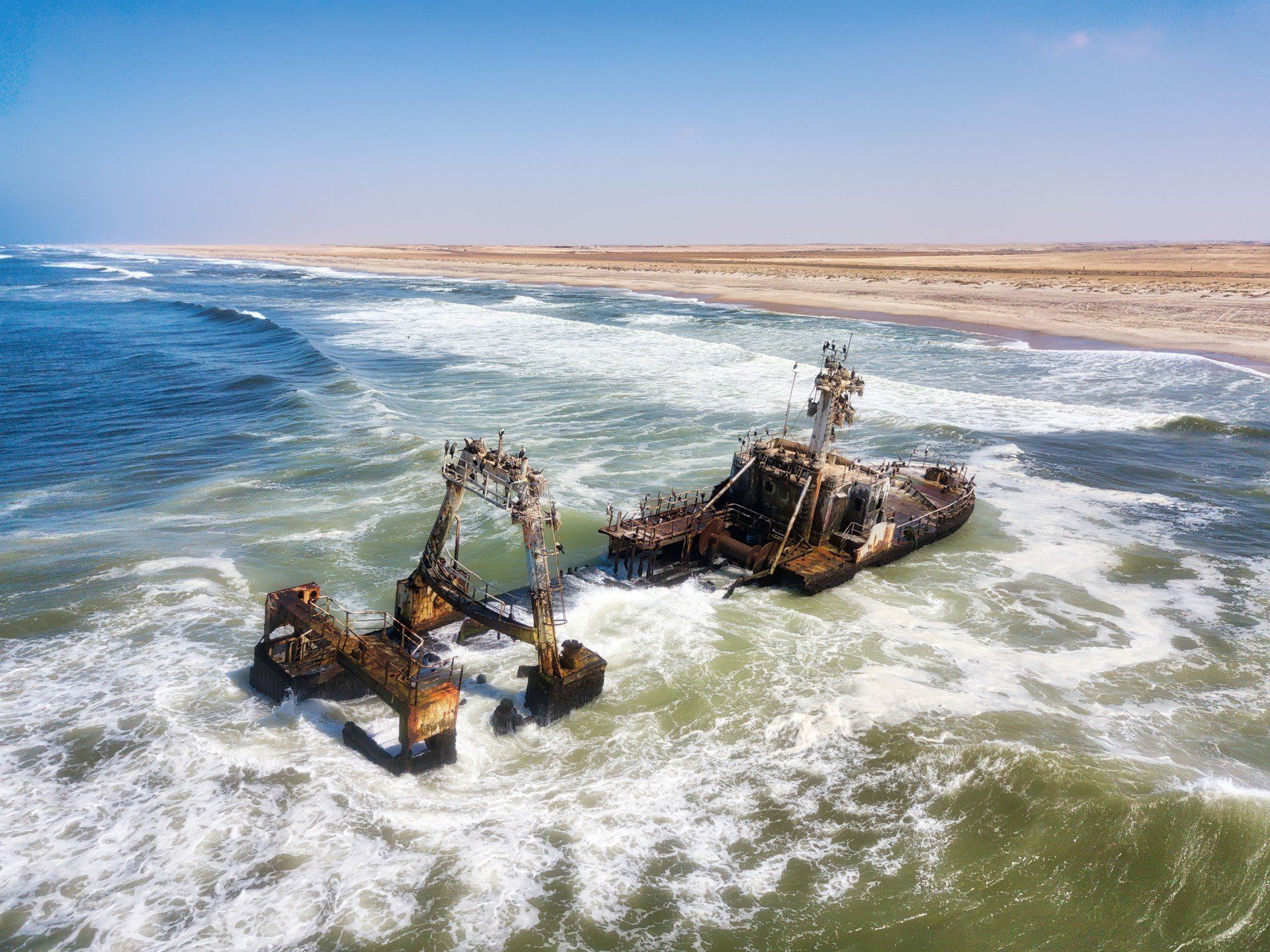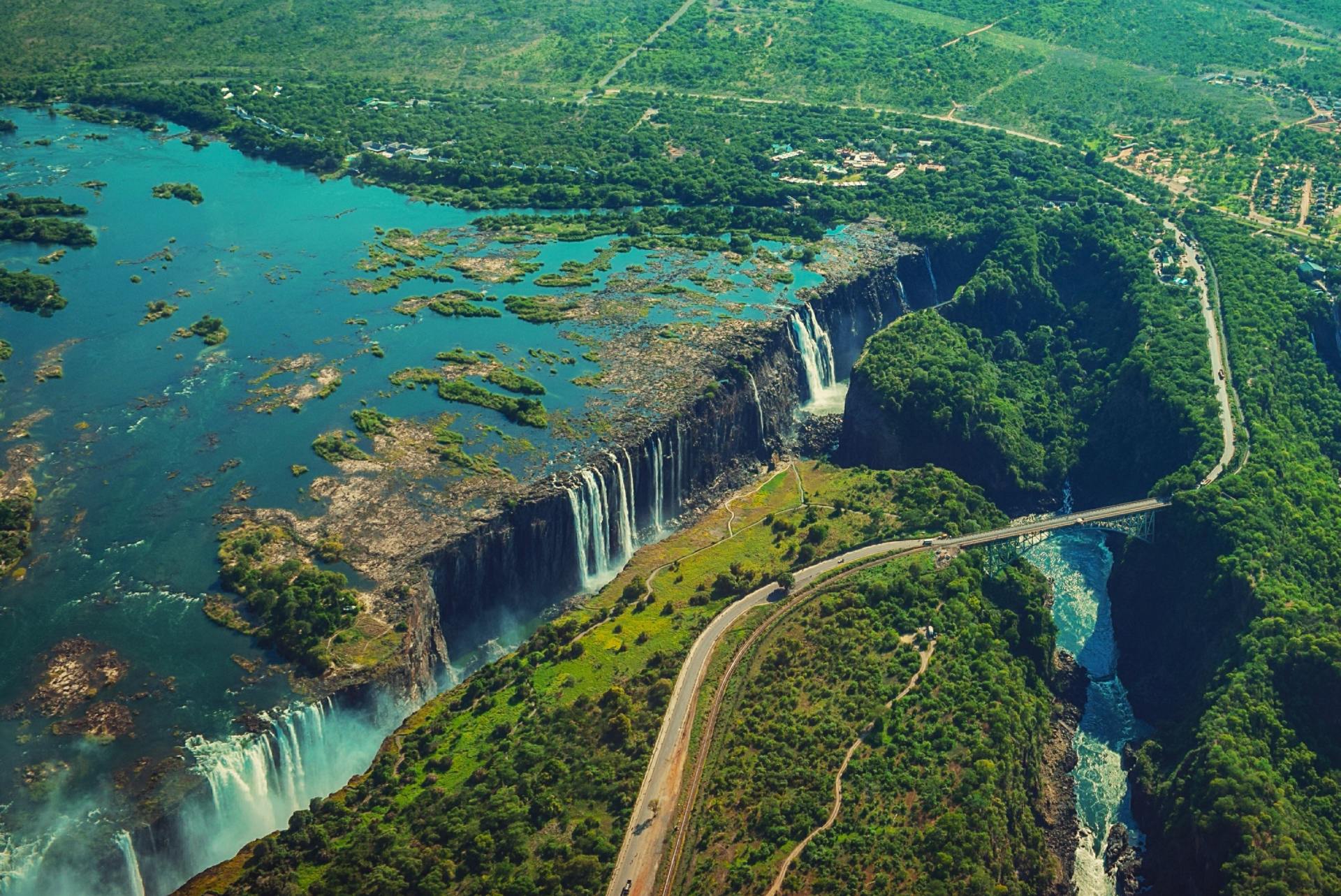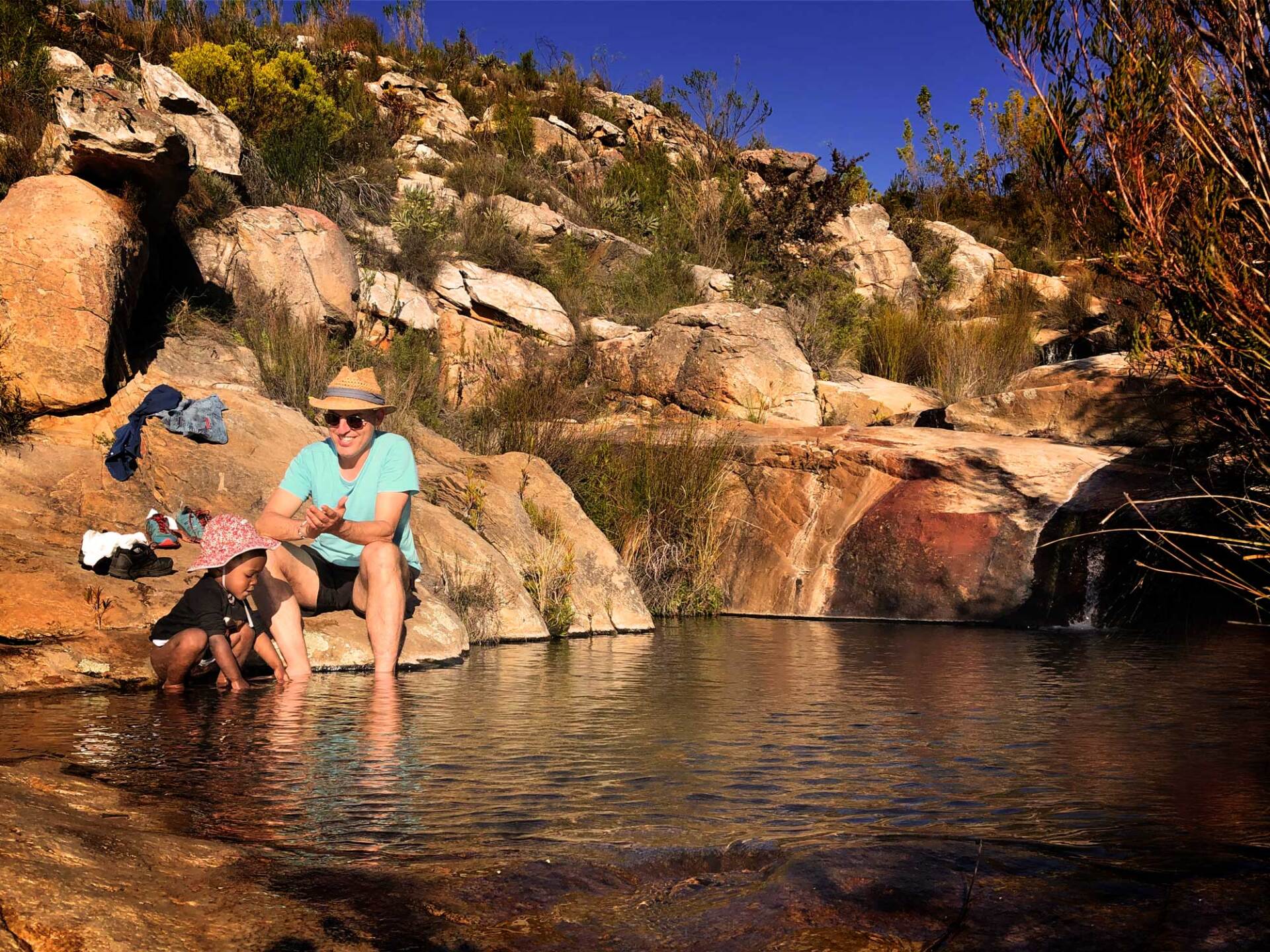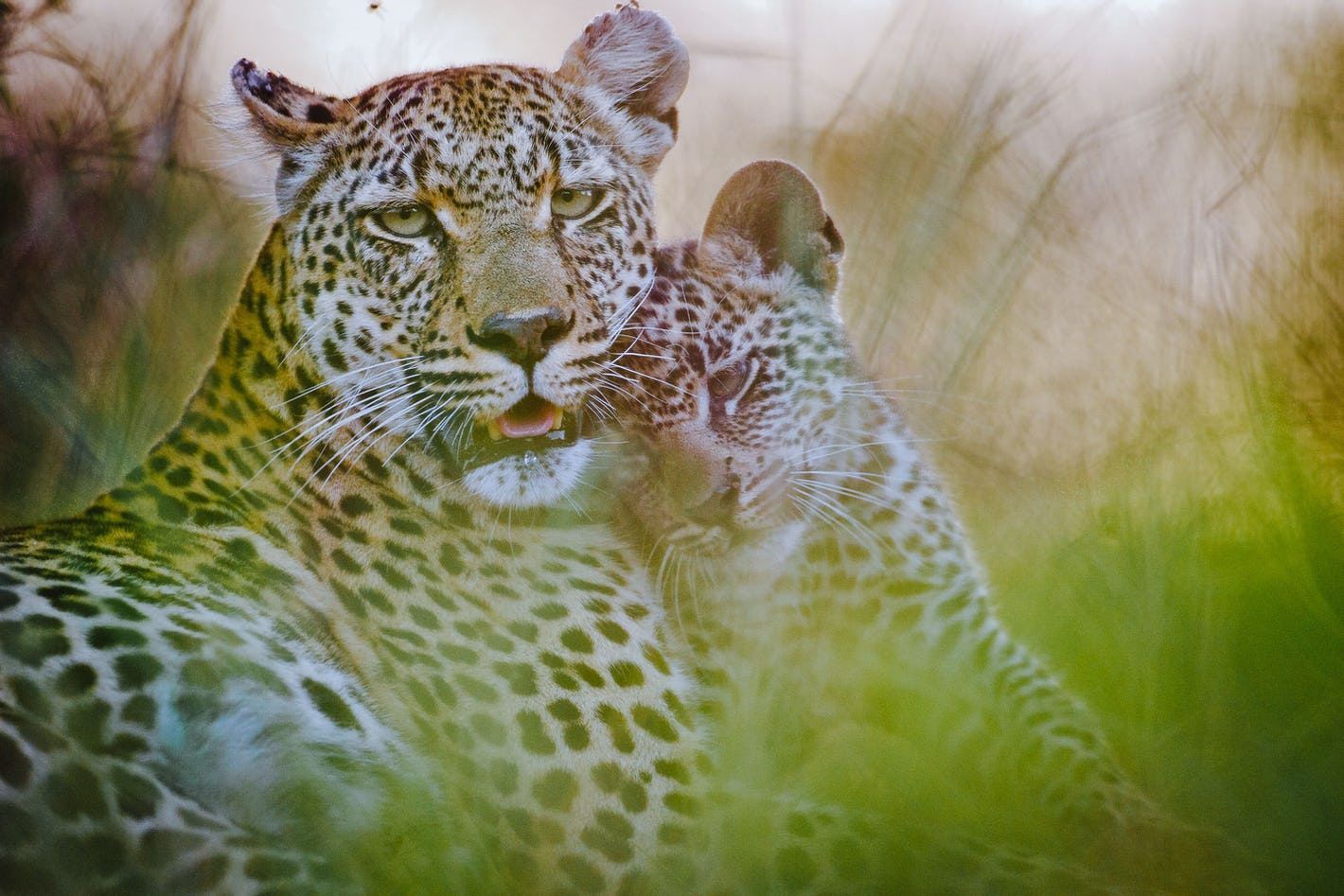Explore our small group scheduled departure itineraries below, which are fully supported and guided from beginning to end for the ultimate hassle-free and stress-free adventure. All our itineraries focus on travelling deeper, more authentically and in a way that uplifts the communities you visit to ensure a long lasting positive impact.
Let us help you create your ultimate holiday to any of the countries in Southern or Eastern Africa. One that’s even better than you can dream up on your own. And oh so much easier!
How does it work?
Step 1: Complete questionnaire
Step 2: Tweak & Reserve
Which country would you like to discover?
The Victoria Falls marks the border between Zambia and Zimbabwe and can be accessed from both countries, each offering their own distinctive beauty and activities. But the waterfall is just the beginning. The Victoria Falls are framed on both sides with beautiful national parks, and the local wildlife is thriving. You can start a day with visiting the majestic Falls, and finish your day with a safari experience of a lifetime by tracking rhino on foot.
Botswana is justly considered the crème de la crème of African safari destinations.
This is not surprising, since the diversity of habitat boggles the mind – desert, rivers, salt pans, savannah and lakes to mention a few. And diversity of habitat leads to incredible diversity of wildlife and breath-taking animal sightings.
This is the Africa we all fell in love with the first time we watched the Lion King. Between its remarkable people and local cultures, its thriving wildlife, its fairy-tale landscapes and the beautiful exotic beaches of Zanzibar and other smaller islands, Tanzania truly is an unforgettable holiday destination.
The island of Mauritius, with its 160km of picture-perfect beaches and azure waters, its lush interiors and sparkling waterfalls, is one of the most popular destinations in the Indian ocean.
Easily accessible by direct flight from Johannesburg, this very affordable destination is malaria free, and a favourite place for honeymooners, families and young adventurers alike to unwind after an unforgettable African safari. With over a hundred beaches and distinct regional differences, this extremely versatile island truly offers something for everyone.
Picture yourself lying on a white sandy beach, palm trees above you rustling from a gentle breeze, the waves lapping at your toes, while you lazily sip on your lavish cocktail. The only decision left to make for the day is whether or not to take one more dip in the gin-clear waters in front of you before heading off to your romantic candlelit champagne dinner, or to go for a romantic massage... Cliché? Perhaps, but in this case the cliché really does exist.
The Seychelles is what most people will automatically picture when dreaming of a secluded paradisiac island. As the chosen location for movies such as Castaway and Robinson Crusoe, it is easy to see why this island nation has become a quintessential honeymoon destination - it is truly gorgeous.
And yet, the Seychelles is so much more than just a collection of beautiful white sandy beaches. The nation is comprised of 115 islands, of varying sizes and characteristics, some rocky and mountainous, others lush with dense forested areas, and others still are exotic with palm trees overlooking dreamy beaches and low-lying coral reefs.
Kenya is the birthplace of the world renowned African safari, literally. Meaning “journey” in Swahili, the word safari was first introduced to the English language in the 1850s by an intrepid adventurer called Sir Richard Francis Burton. Kenya’s mystical pull over the rest of the world has not diminished over the centuries since then.
Unspoiled and untamed, with over 2,500km of uninterrupted coastline and clusters of postcard-perfect islands dotting its shore, Mozambique is a little corner of paradise. Its pristine white sands and turquoise waters can rival those of the Maldives or Seychelles, yet it is more affordable than these islands. It is also less built-up than most Indian ocean islands. For now, Mozambique is still well-off the beaten tourist track, however it is fast becoming the place to go for those searching for some sand, sea and sun in Africa.
Contact us now!
Join our next Guided Small Groups
CAPE PENINSULA
DAY TOUR
This full day tour takes in all the heavyweight sights of the Cape Peninsula. Guests are collected from their central accommodation and can look forward to the following: Cape Point, Cape of Good Hope, Boulders Beach penguin colony, Kalk Bay, Chapmans Peak Drive and Camps Bay.
Includes:
+ Qualified tour guide
+ All National Park entrance fees
+ Chapman’s Peak toll fee
+ Light lunch
+ Instagram-worthy stops
+ Spectacular scenery by the bucketloads
+ Dreamy seaside stops
Why book with The Travel Café?
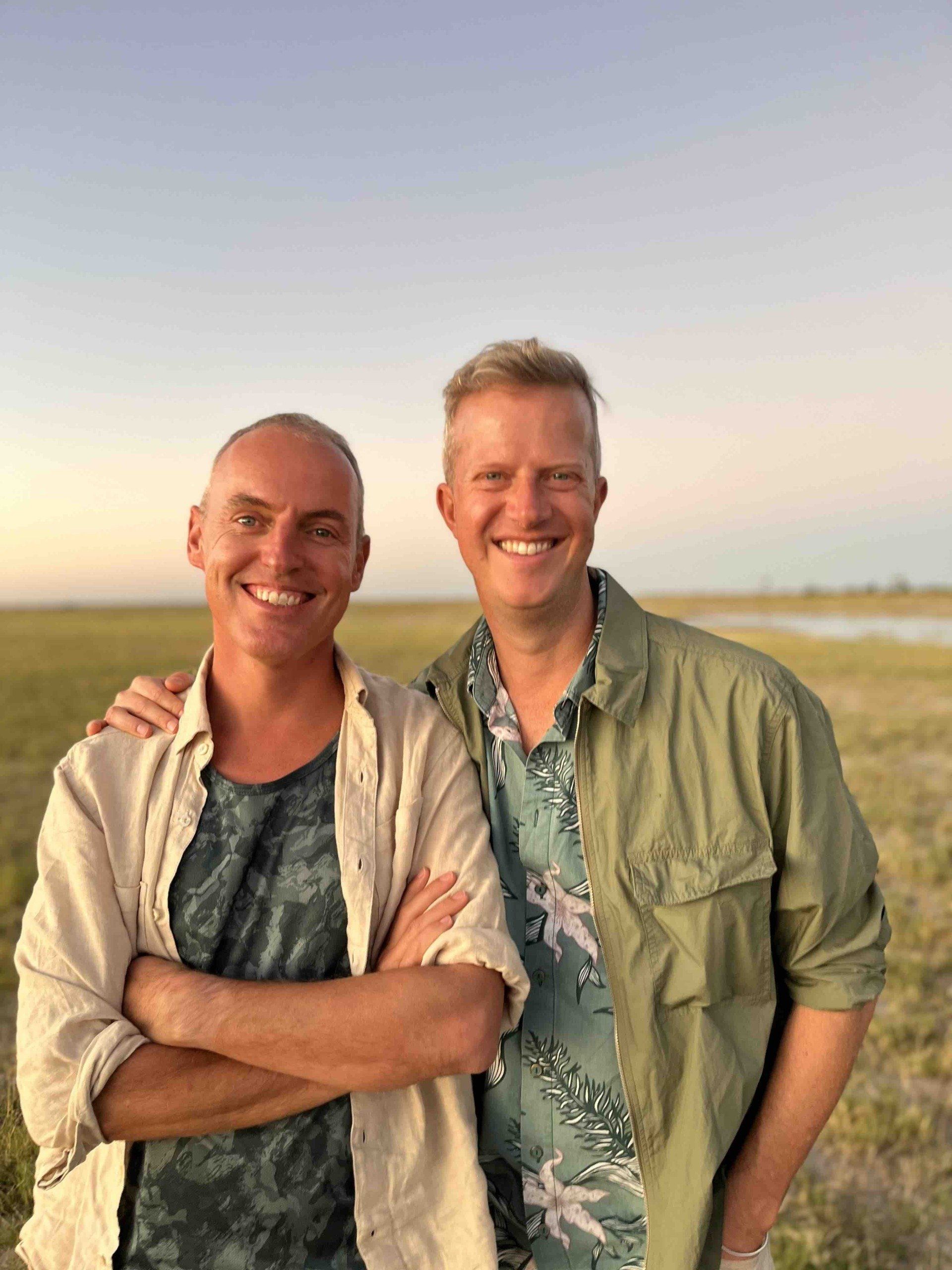
We Know Our Stuff
We Are Passionate
We Care
We Build Your
Dreamtrip
Authentic travel to experience Southern & Eastern Africa's soul
François and JD organised our romantic trip to the Kruger for us and everything was perfect. They were very quick to suggest a list of different options for us, matching our needs and budget. They took care of all the admin and details and we didn't have to worry about a thing! I've never been so at ease about a holiday, as I usually take care of everything myself. The travel app is really well designed and personalised. I loved the service and I absolutely recommend them for your next African trip!
Aurélie, France
JD, Francois & The Travel Cafe are brilliant. Everything from the start of our trip to the finish has been wonderful & taken care of. Personally, this has been the best experience with any travel agents/trip-planners (and I have dealt with many). They take away all your sorrows and we got to see so much more than when we would have booked by ourselves. They made us feel at ease and maximized our enjoyment of the trip.
All in all, fantastic.
Iron, Netherlands
The Travel Cafe is exactly what any traveller wants (and needs)! Personal, swift, full of hidden gems, and tailored to your wishes and budget! They will share all their secrets with you, to ensure you get the best out of your holiday. Be prepared to be amazed from start to finish. JD, Francois and their team will continue to exceed your expectations in every single way!
We admire the passion you have put into every single part of our holiday! It was the perfect escape from our daily life back home. Thank you all a million and hope to see you again soon!
Sophie, Netherlands
Visit our lodge in the Little Karoo
Starry Starry Night ⭐⭐N
We are RECRUITING at The Travel Café
Junior Travel Designer Position
(fluent in English and/or French, Cape Town-based job)
Calling all romantic adventurers and passionate travellers. We are growing our merry band of passionate explorers and travel designers and we are looking for a Junior Travel Designer to work from our Cape Town office. Strong language skills in English and/or French are a major bonus. Are you the one we’ve been looking for?
More information about the job and how to apply at www.thetravelcafe.co.za/jobs
The Travel Café Blog
